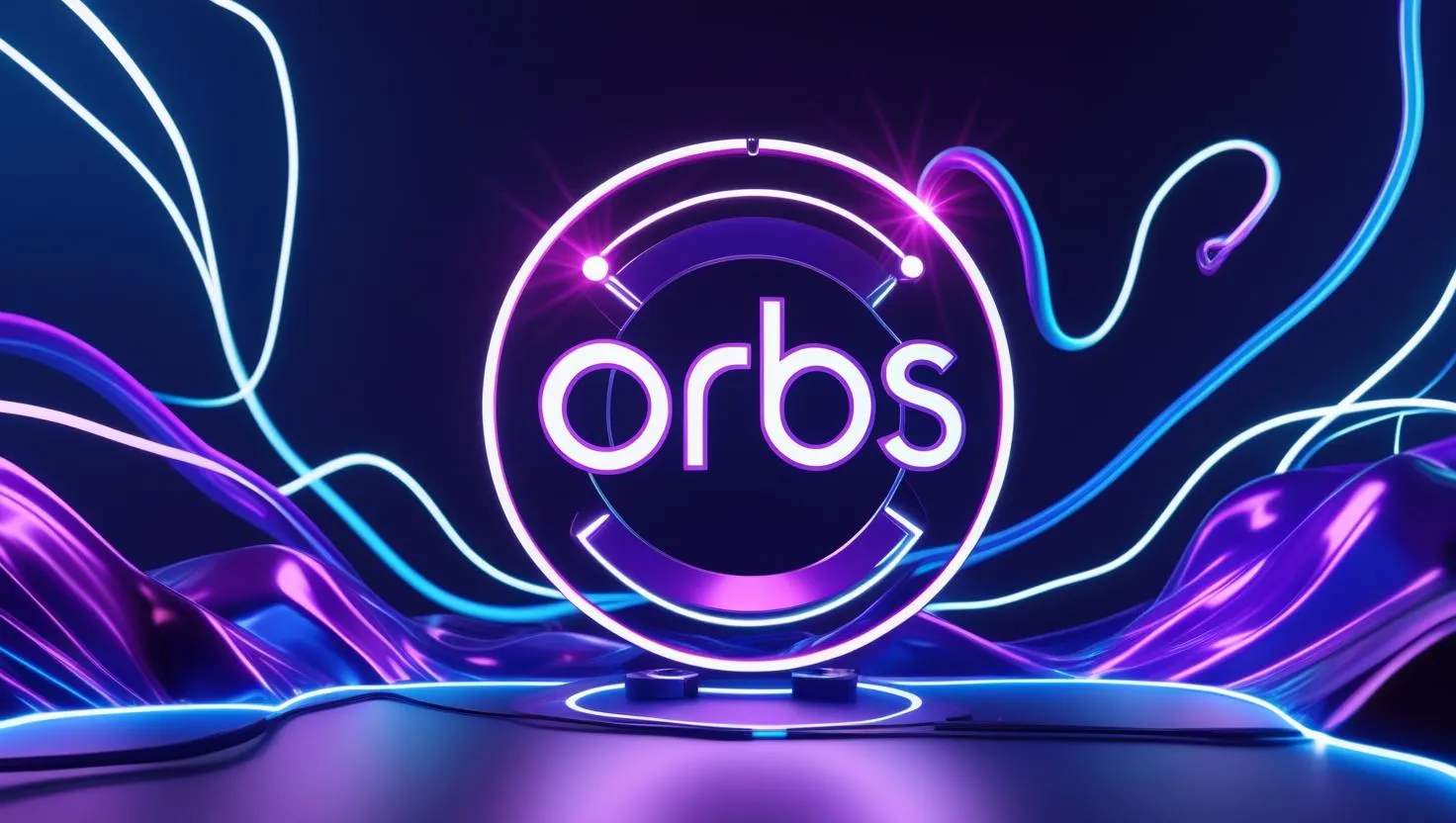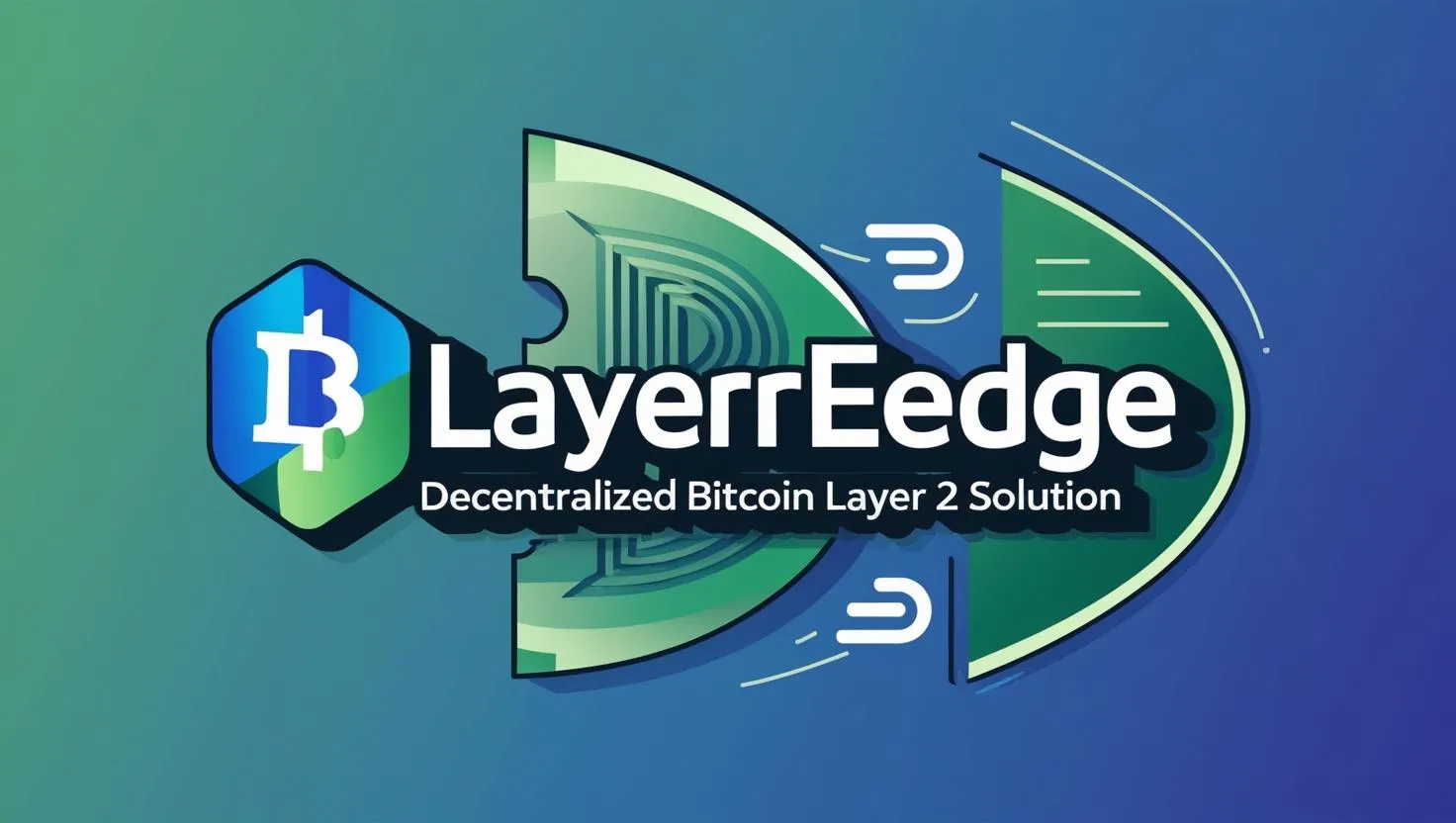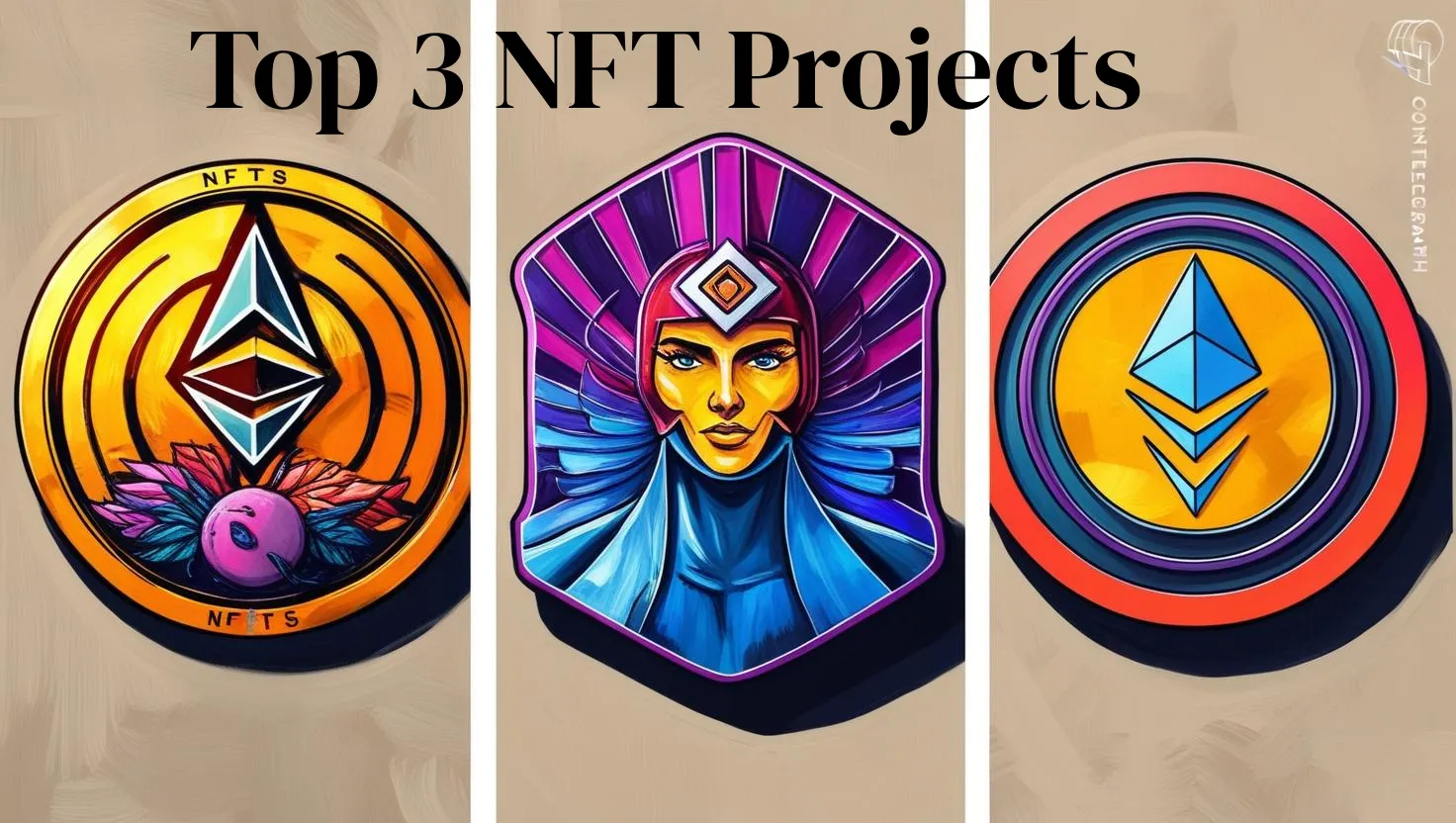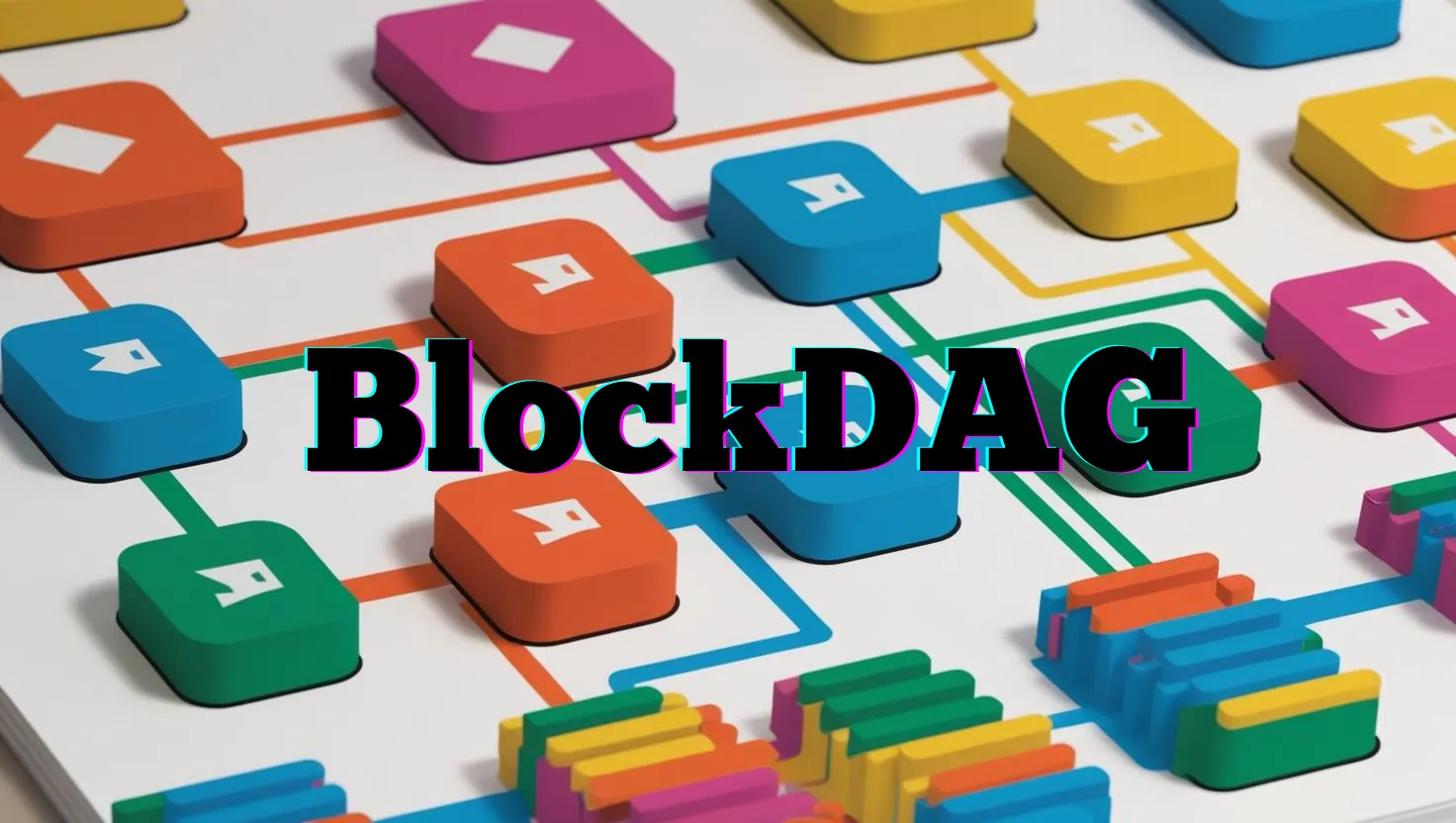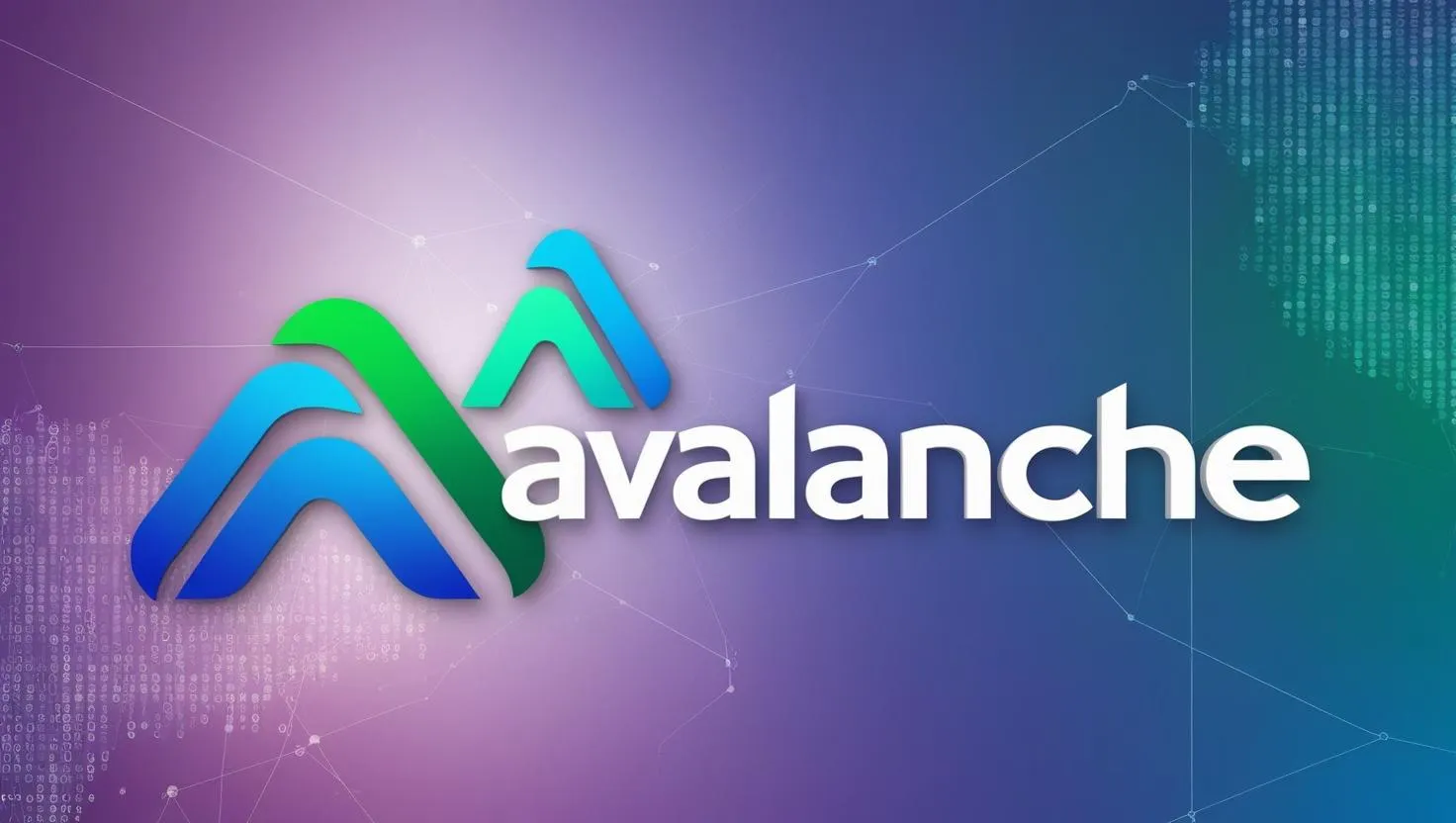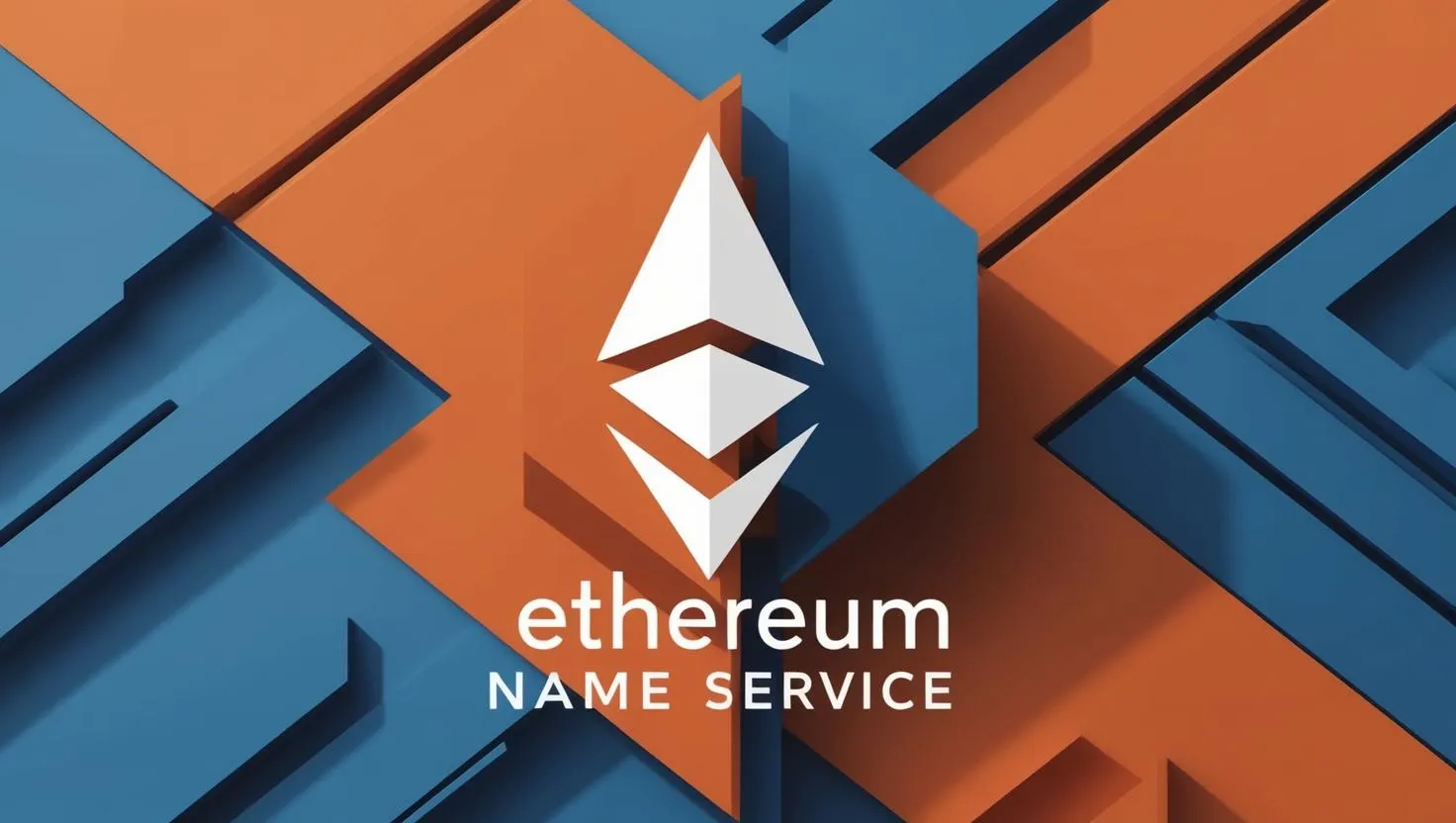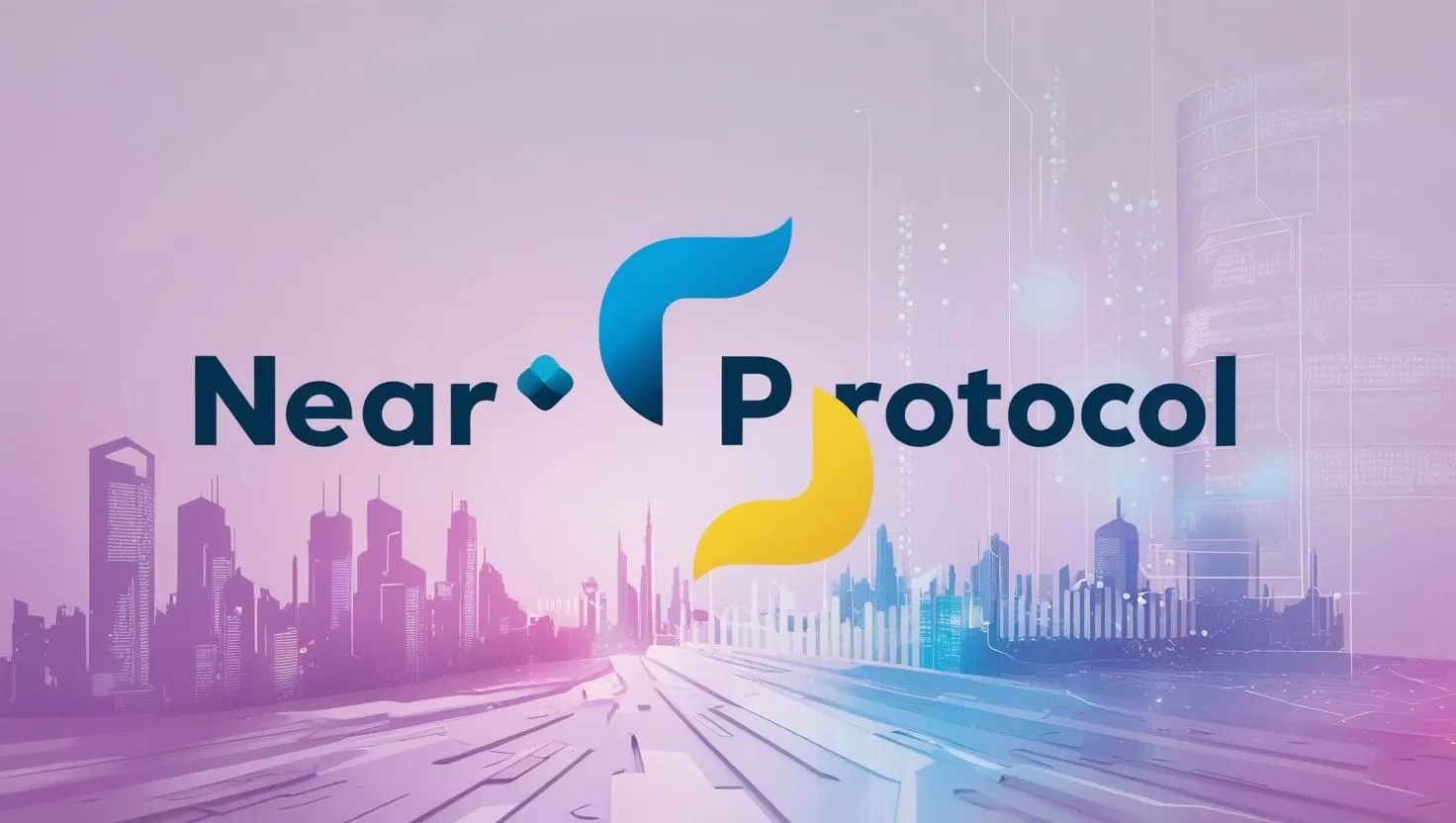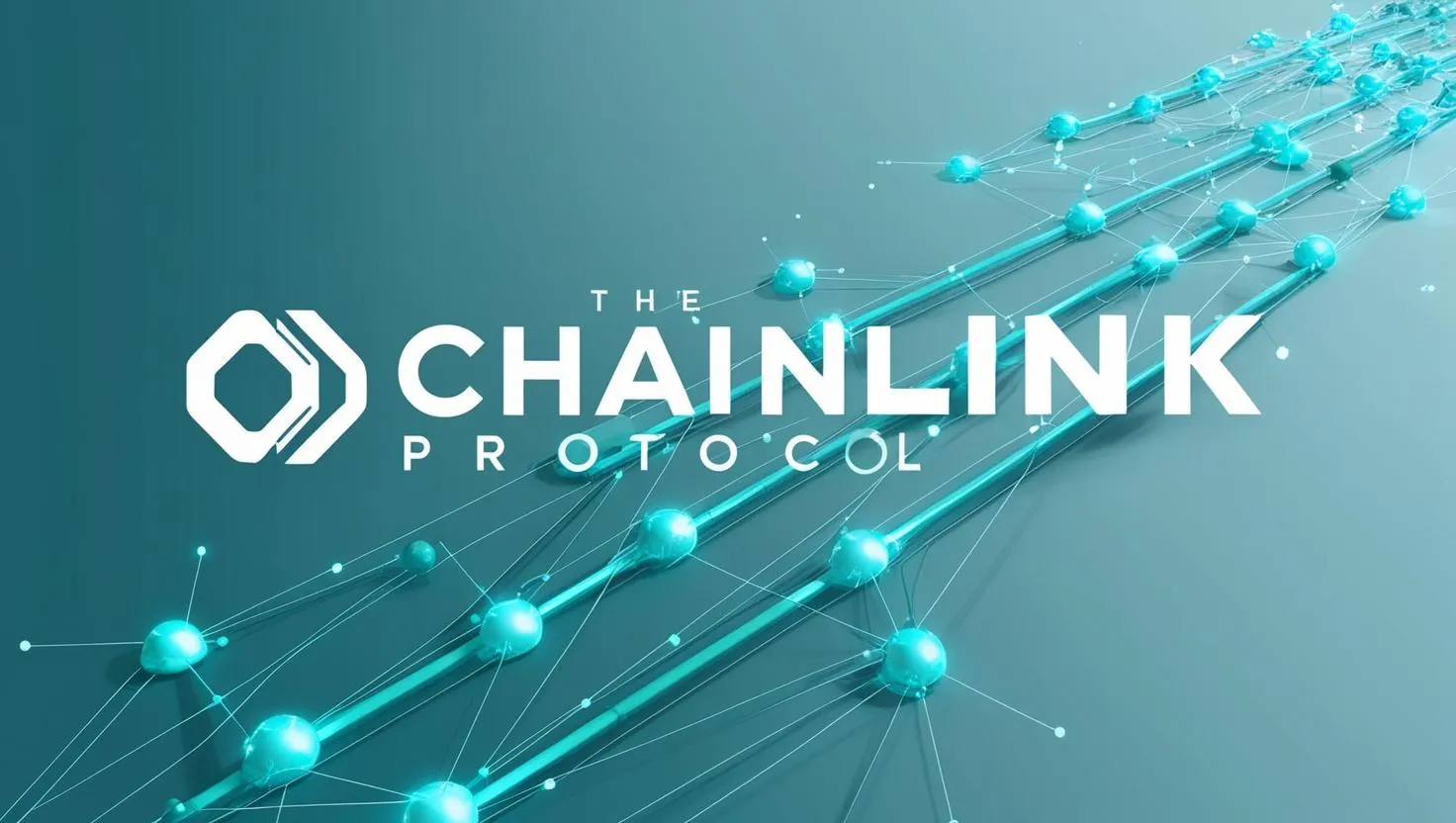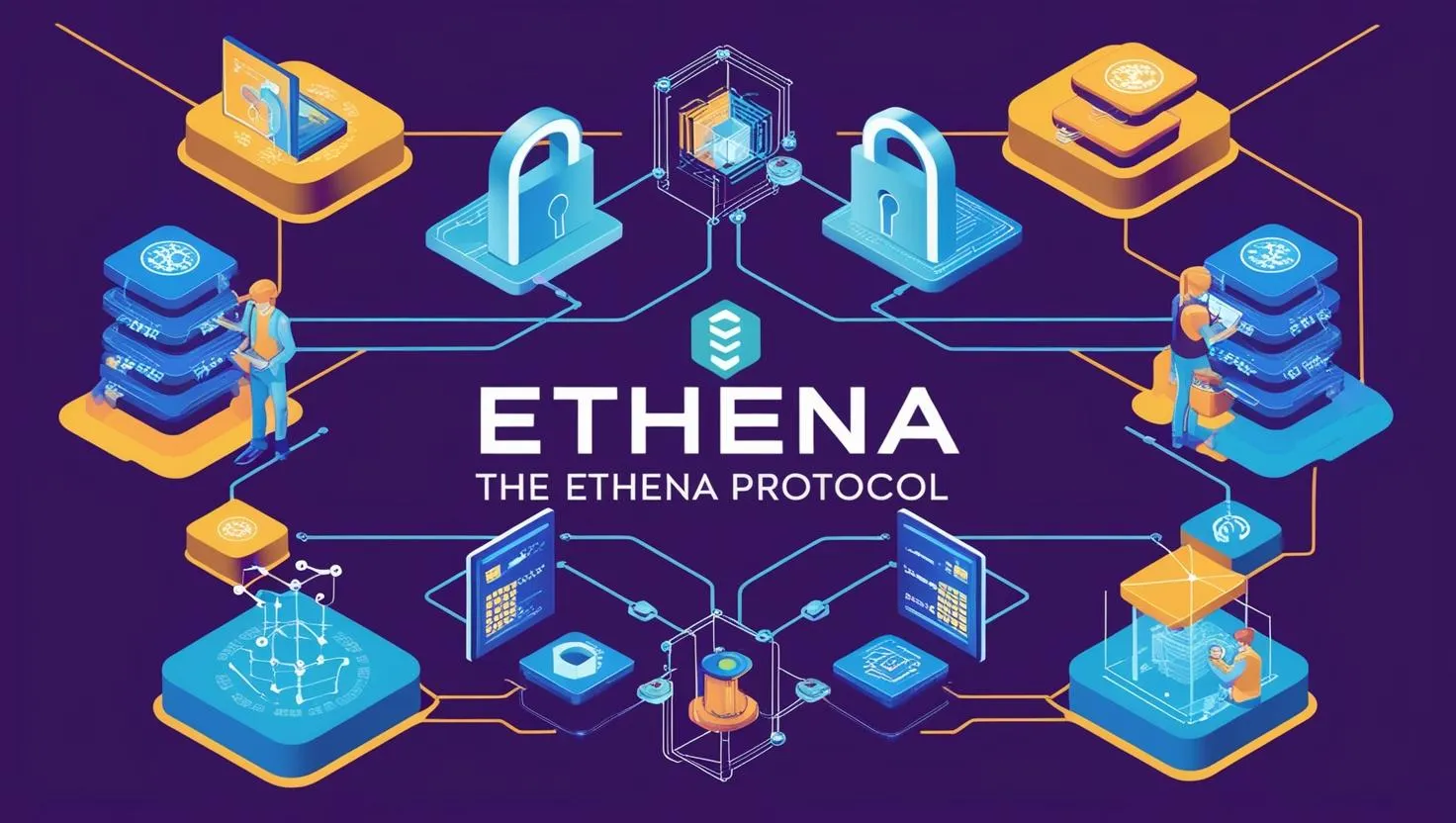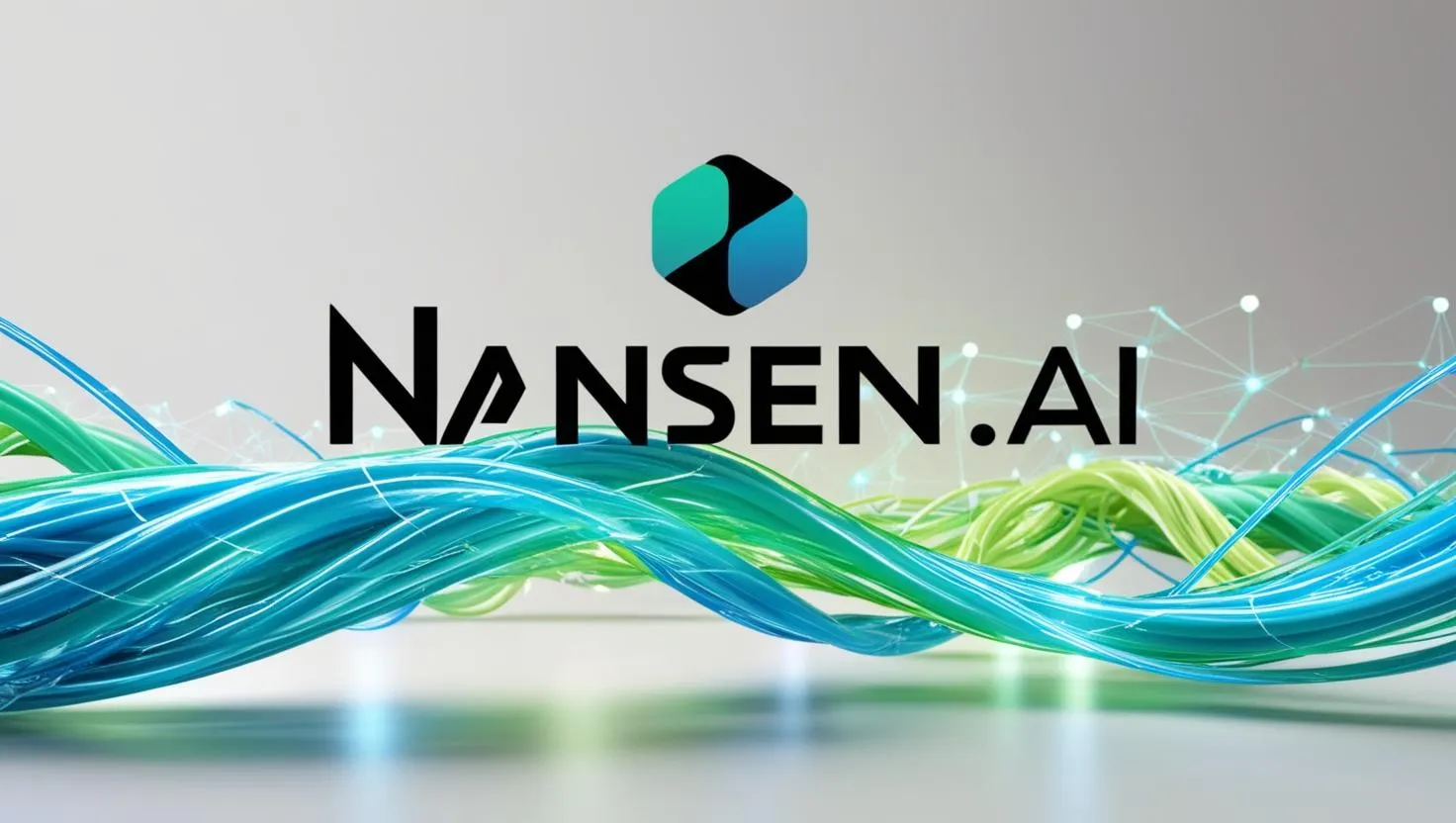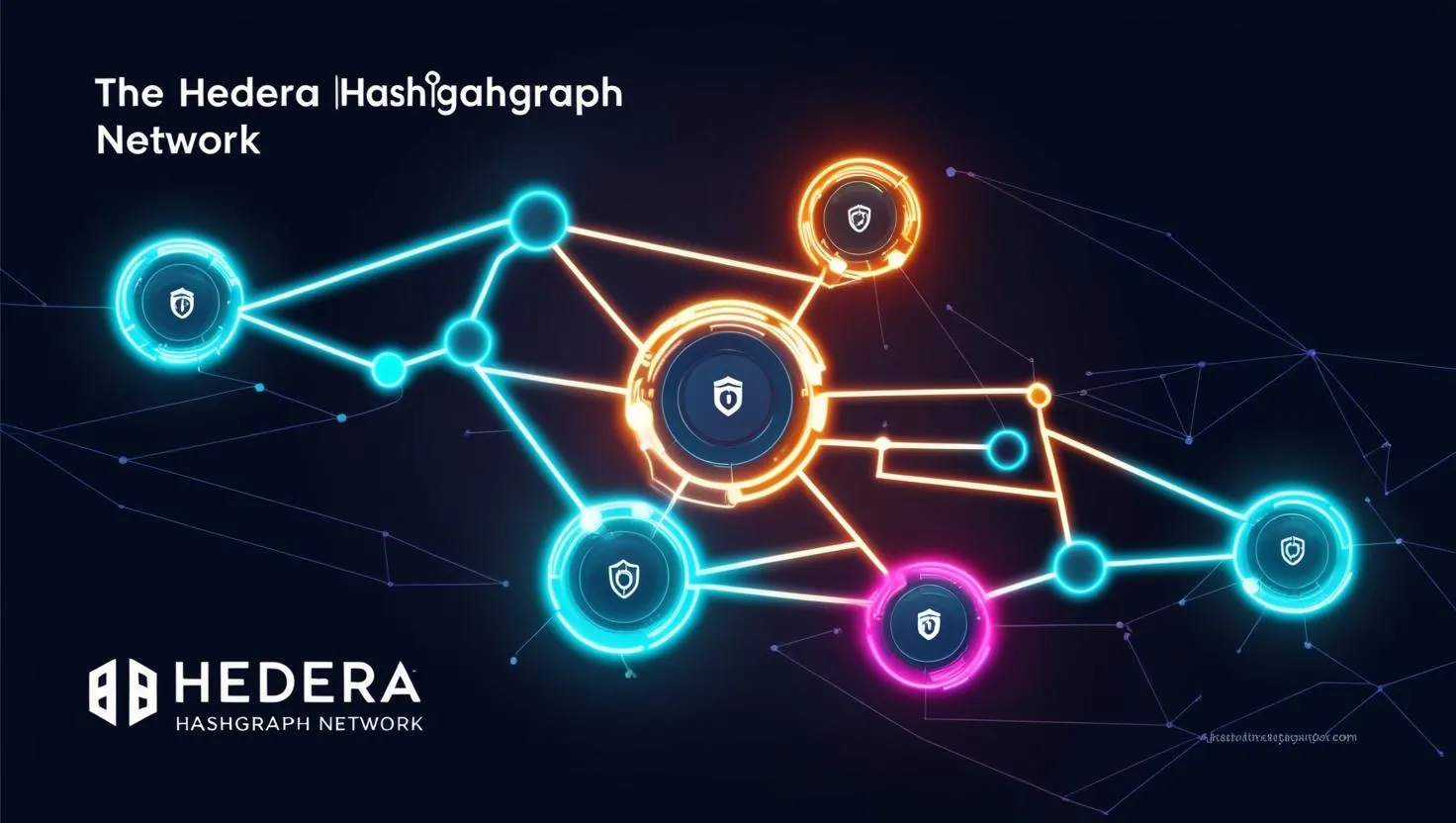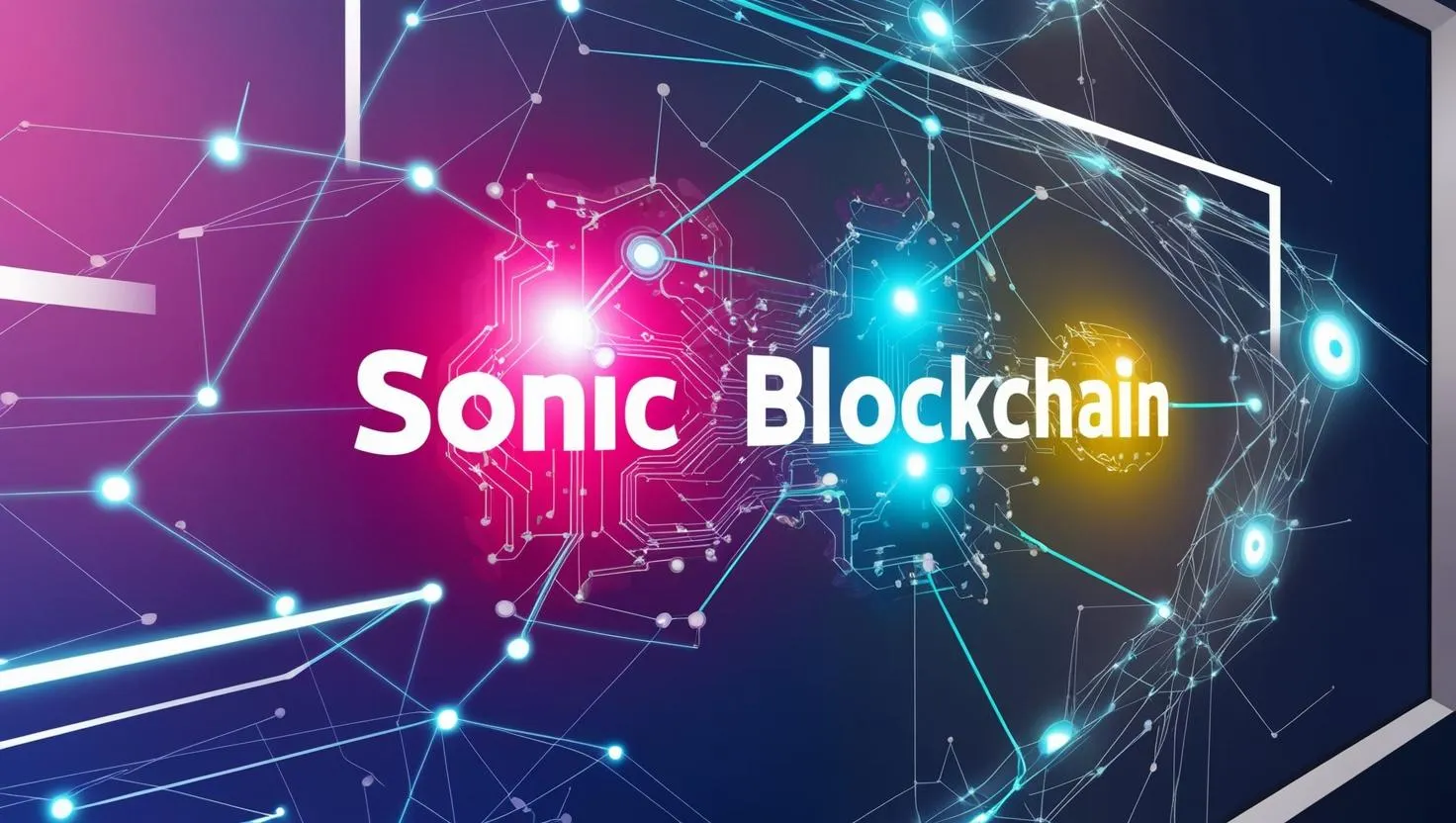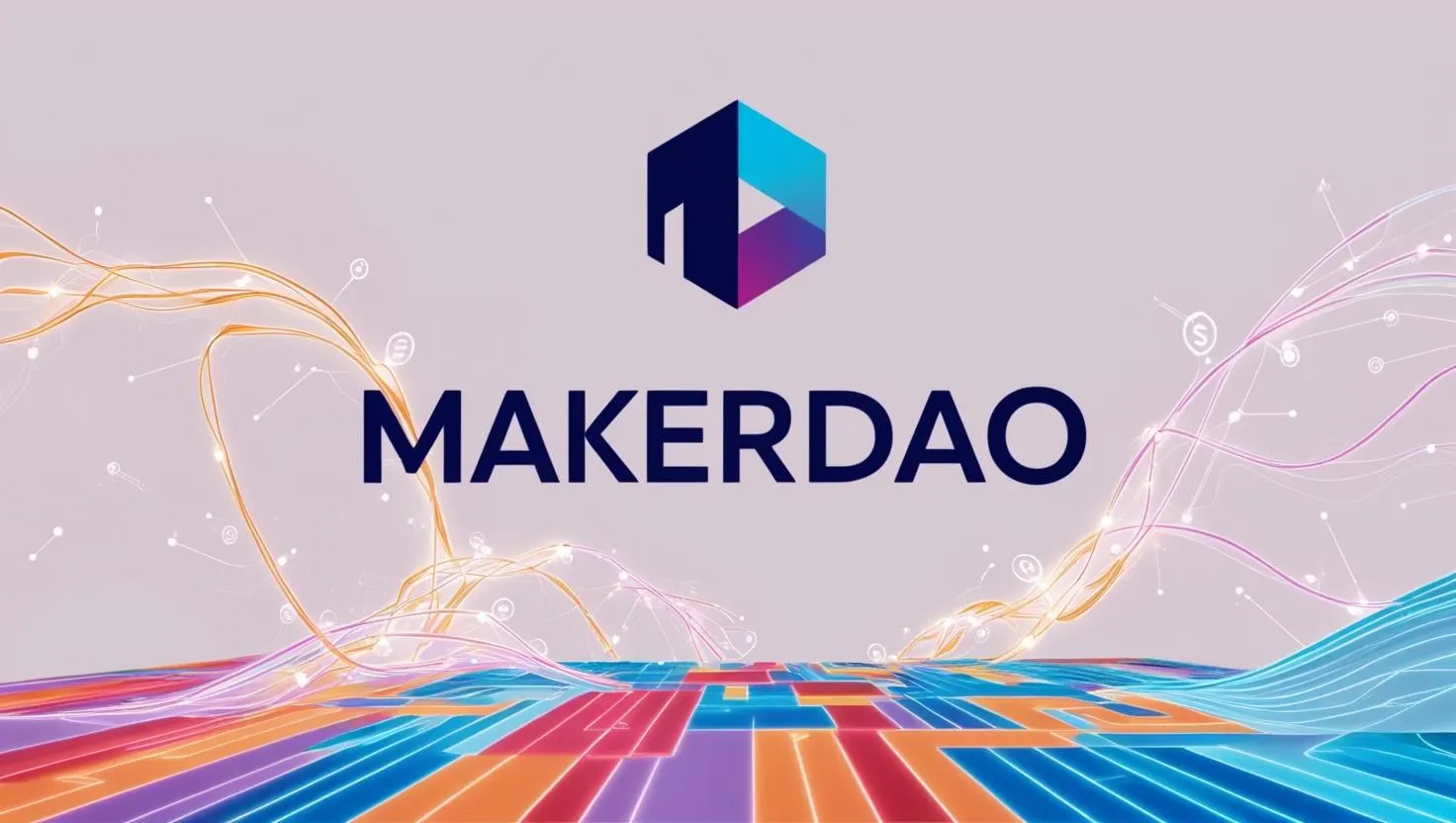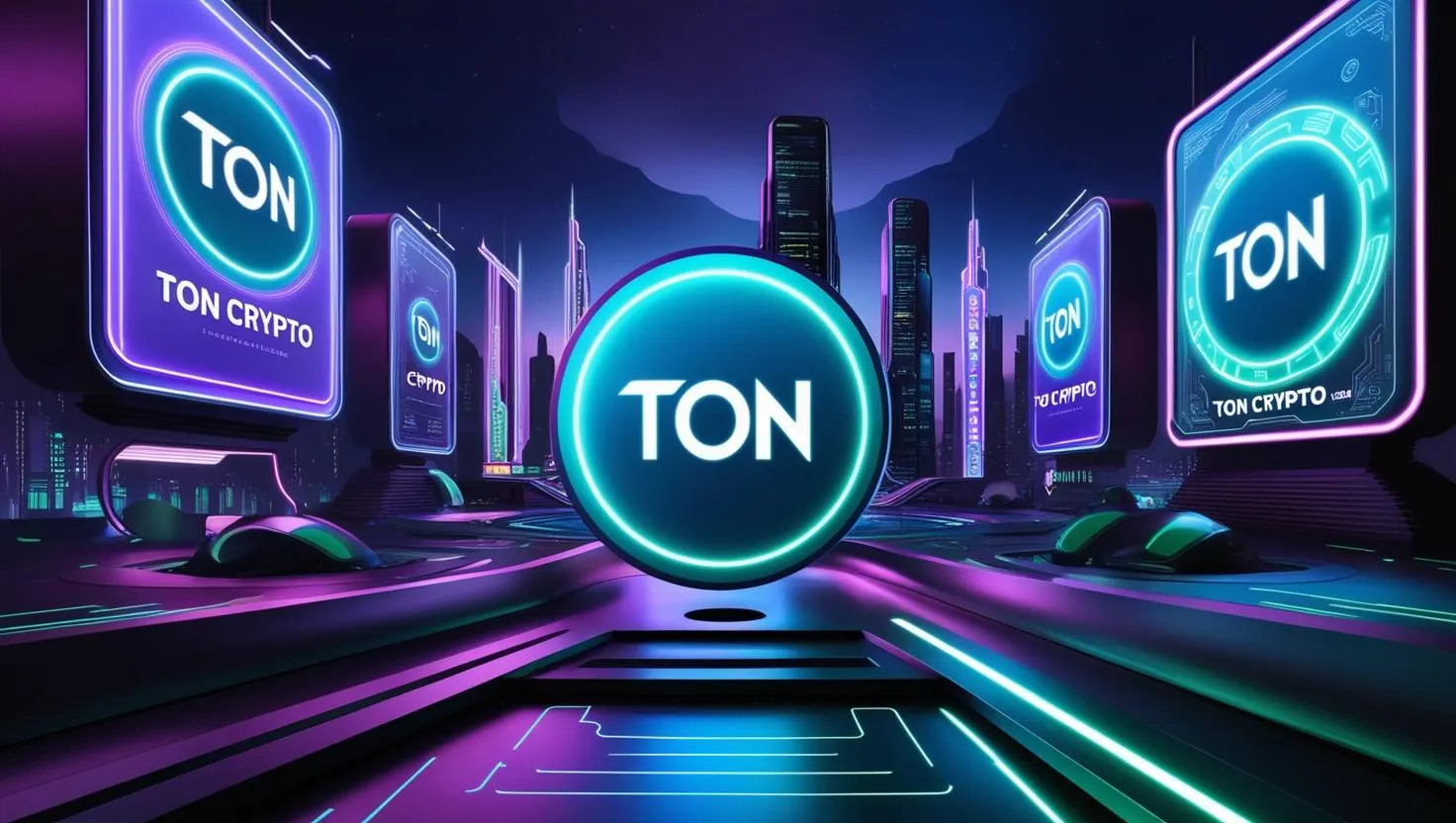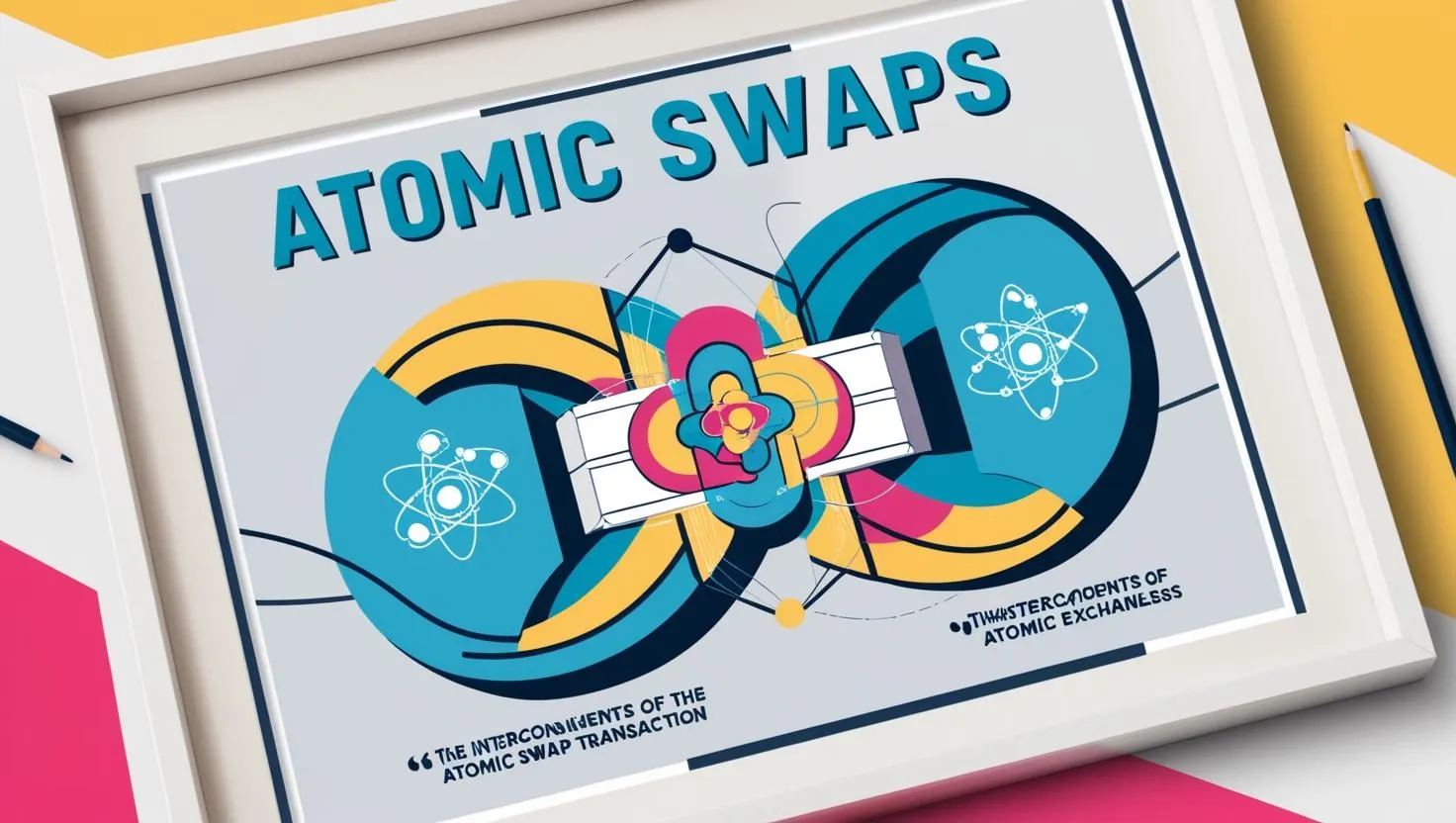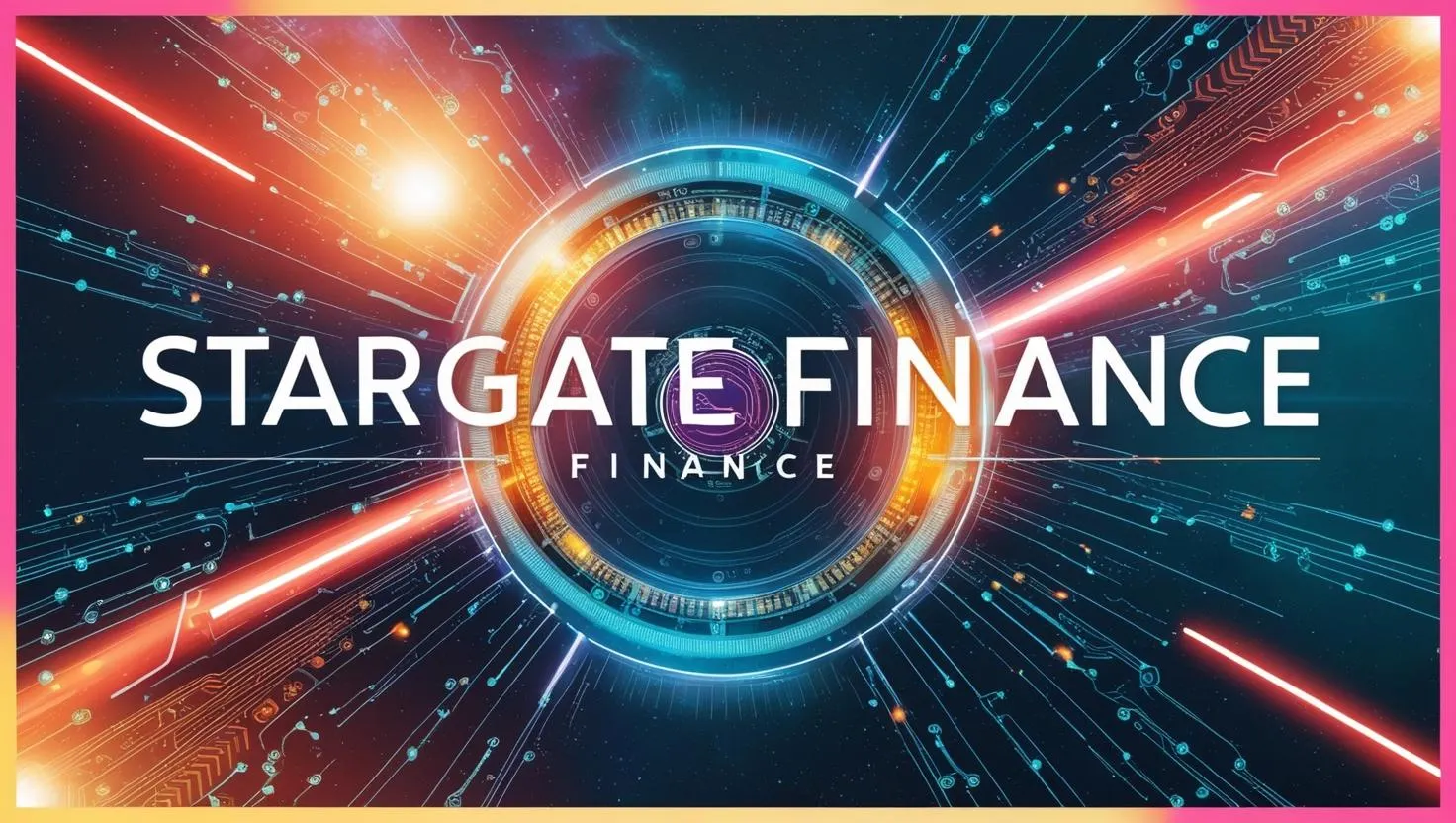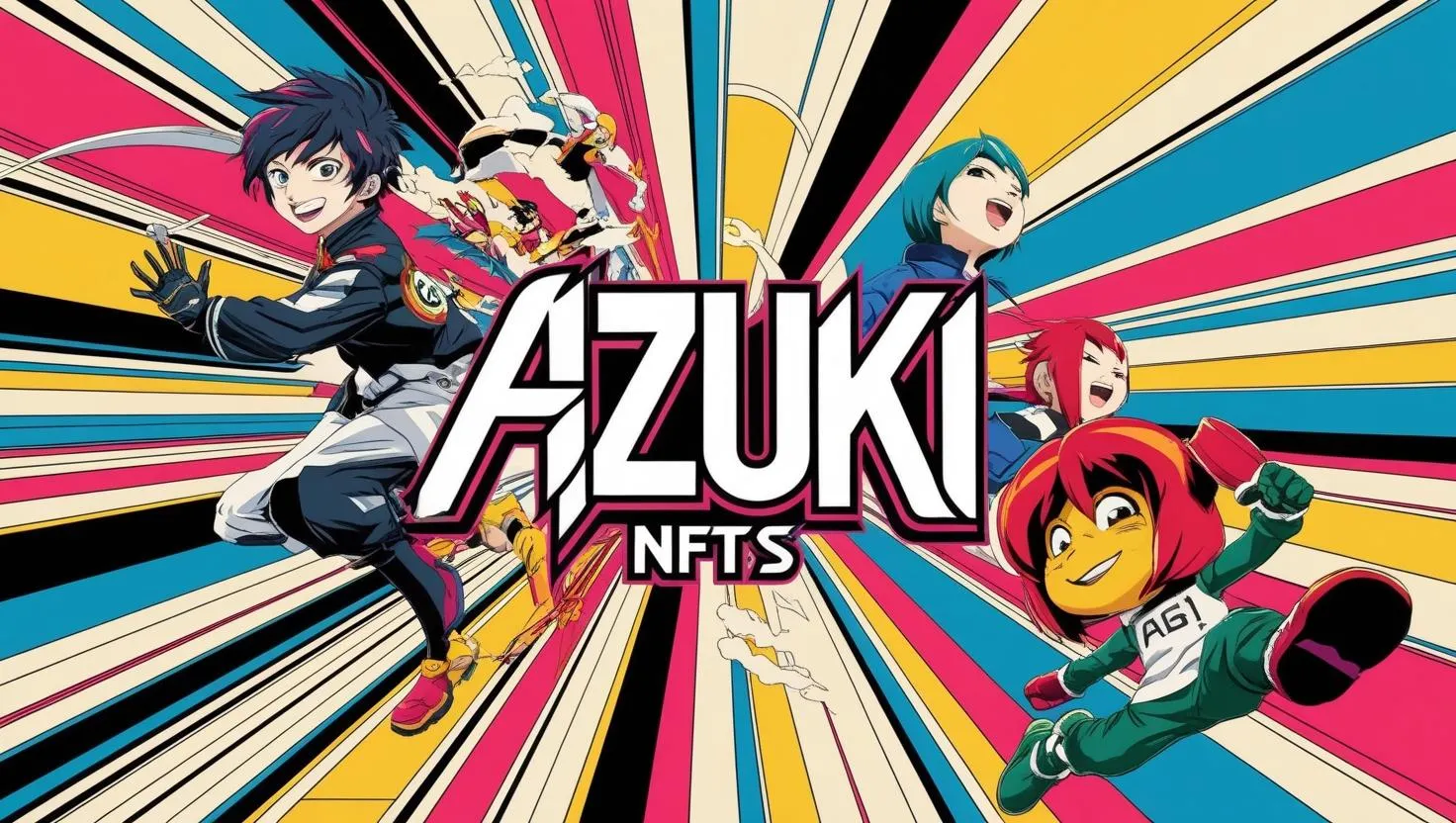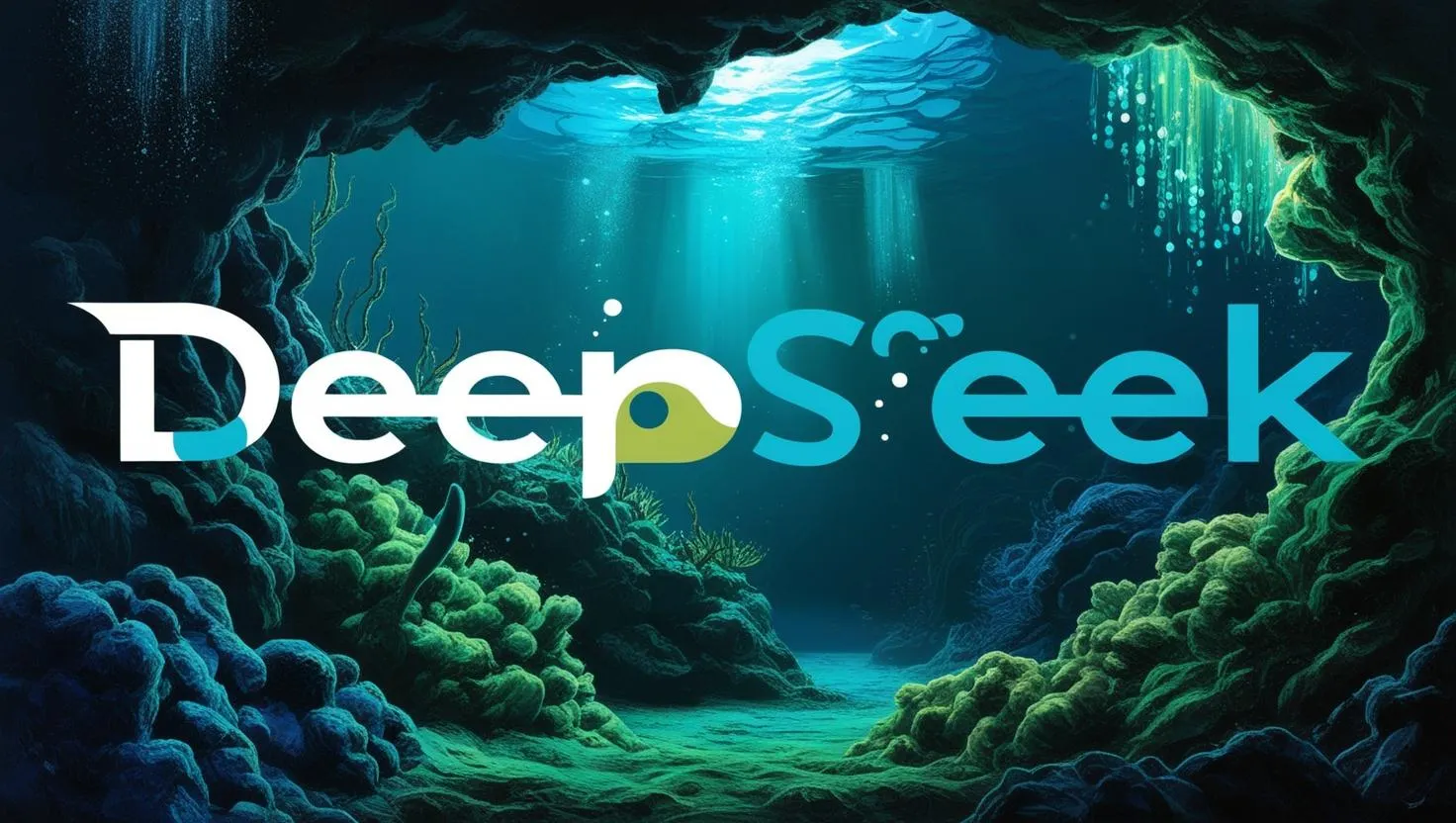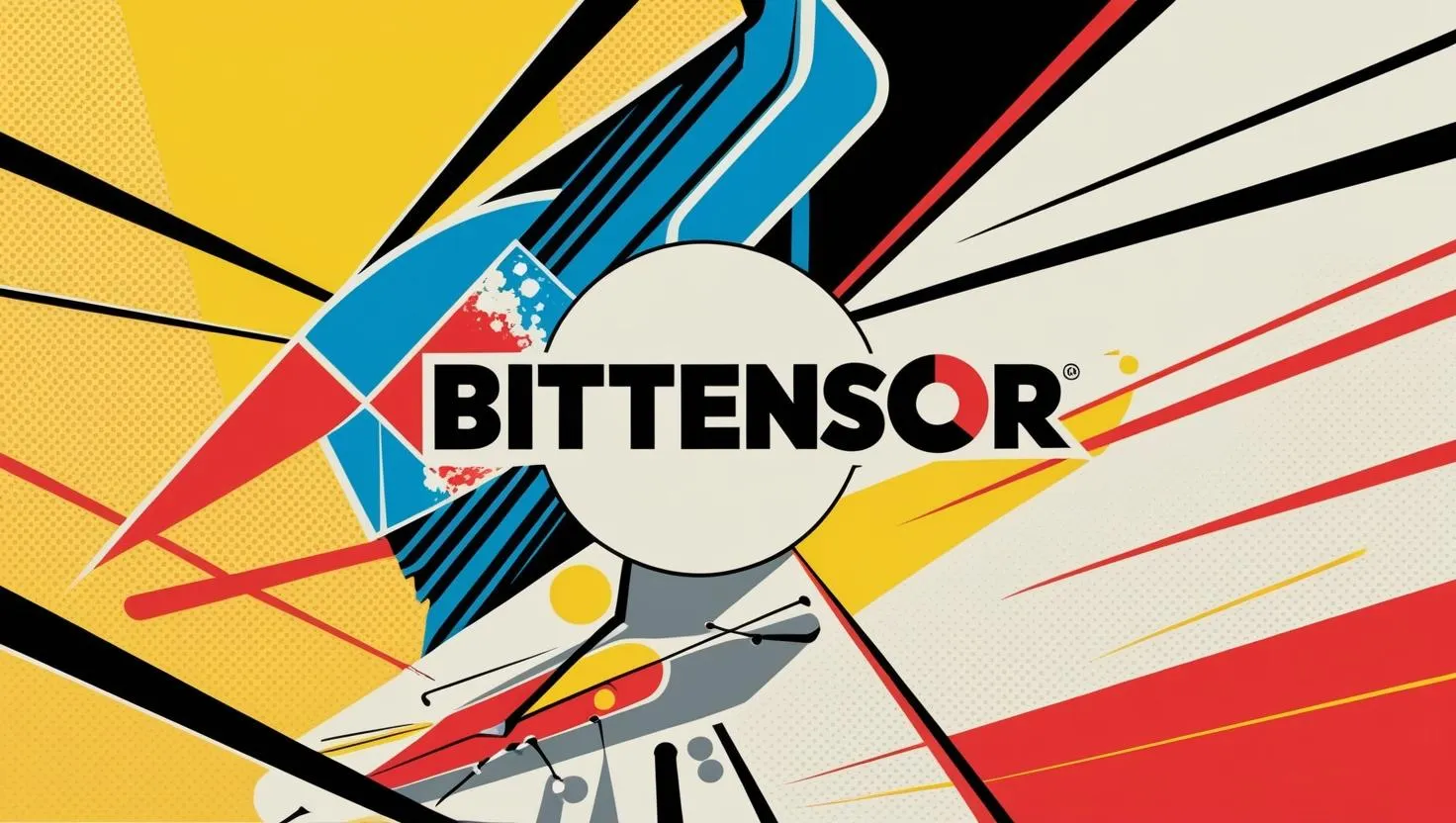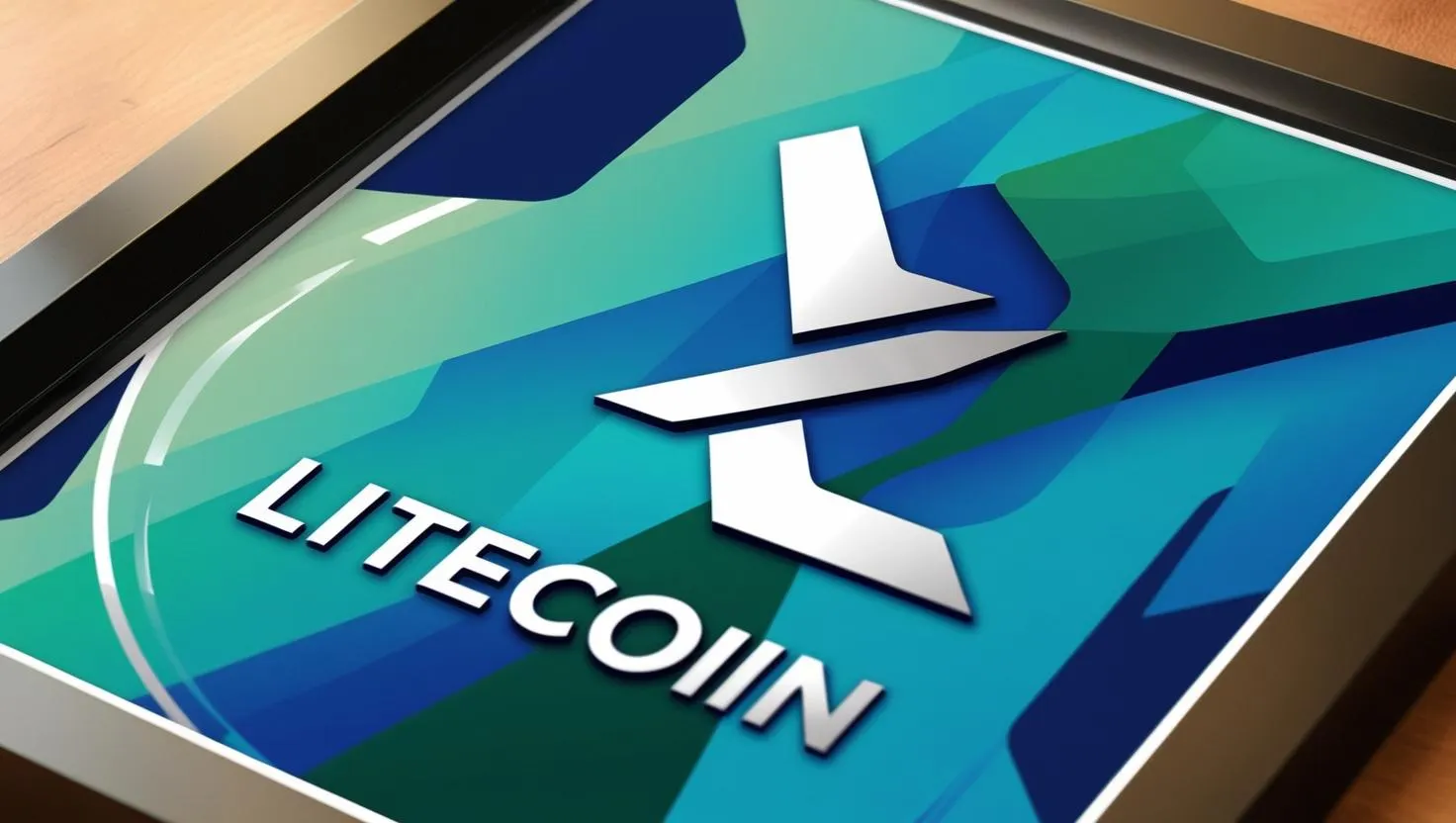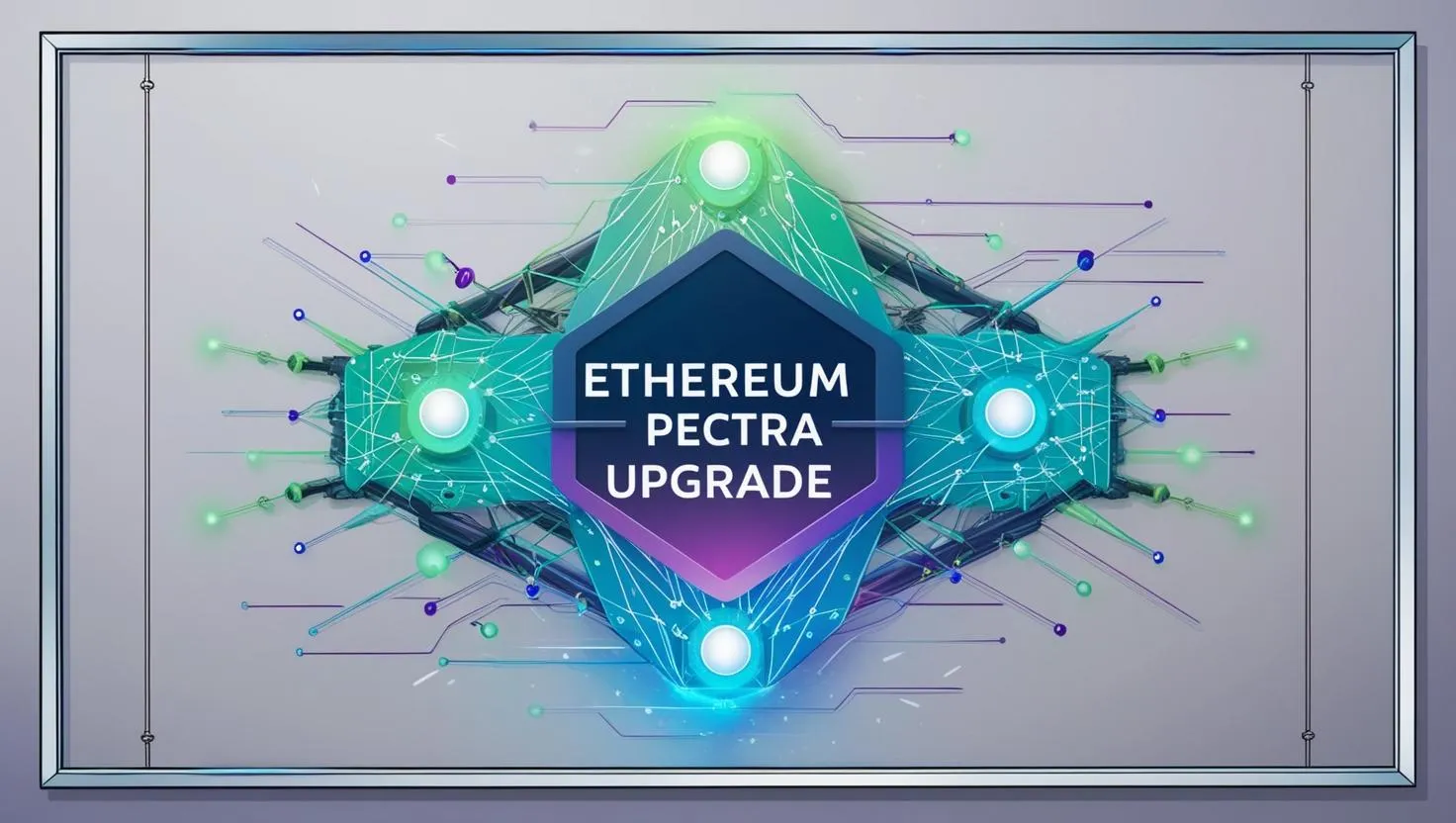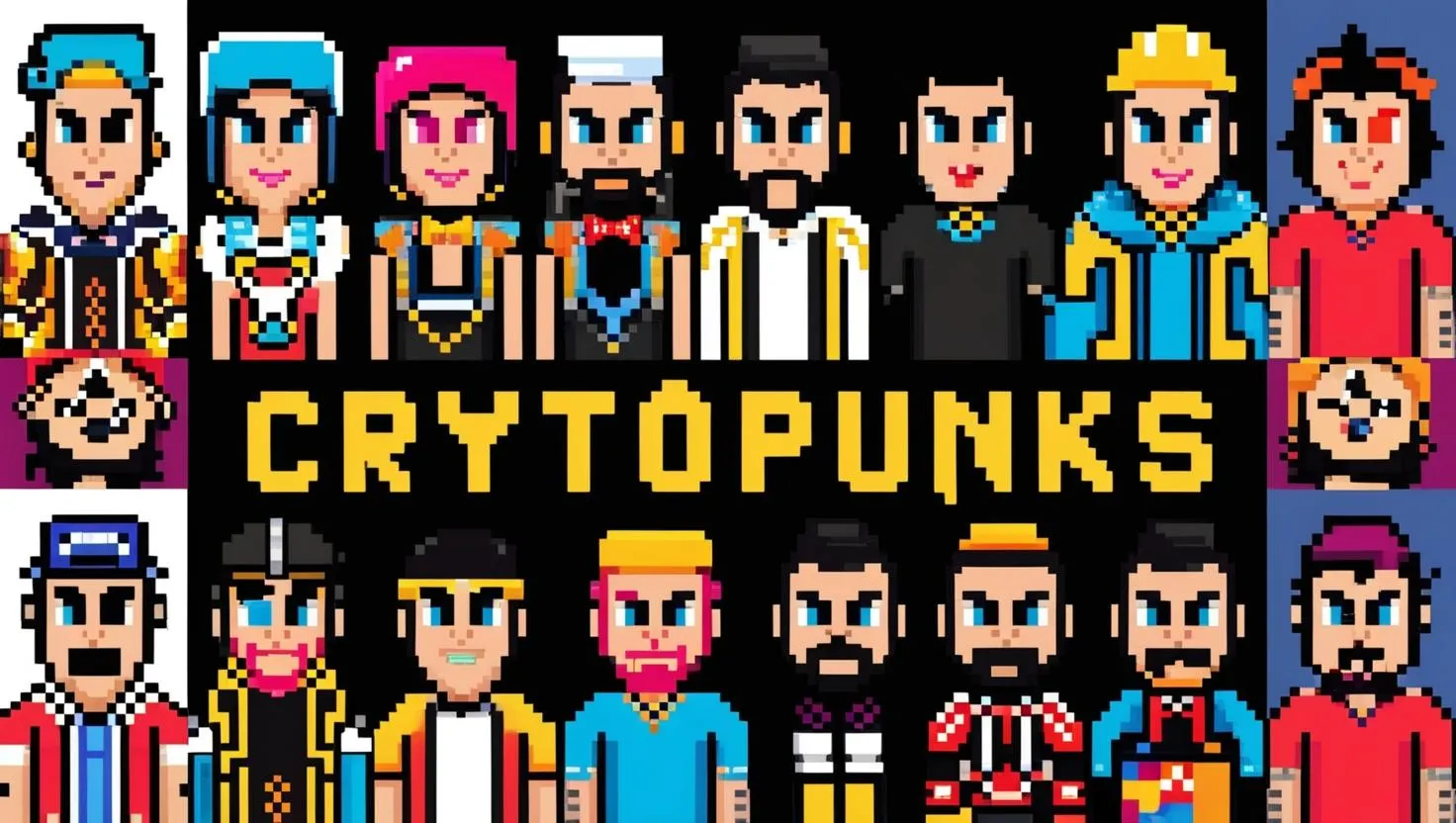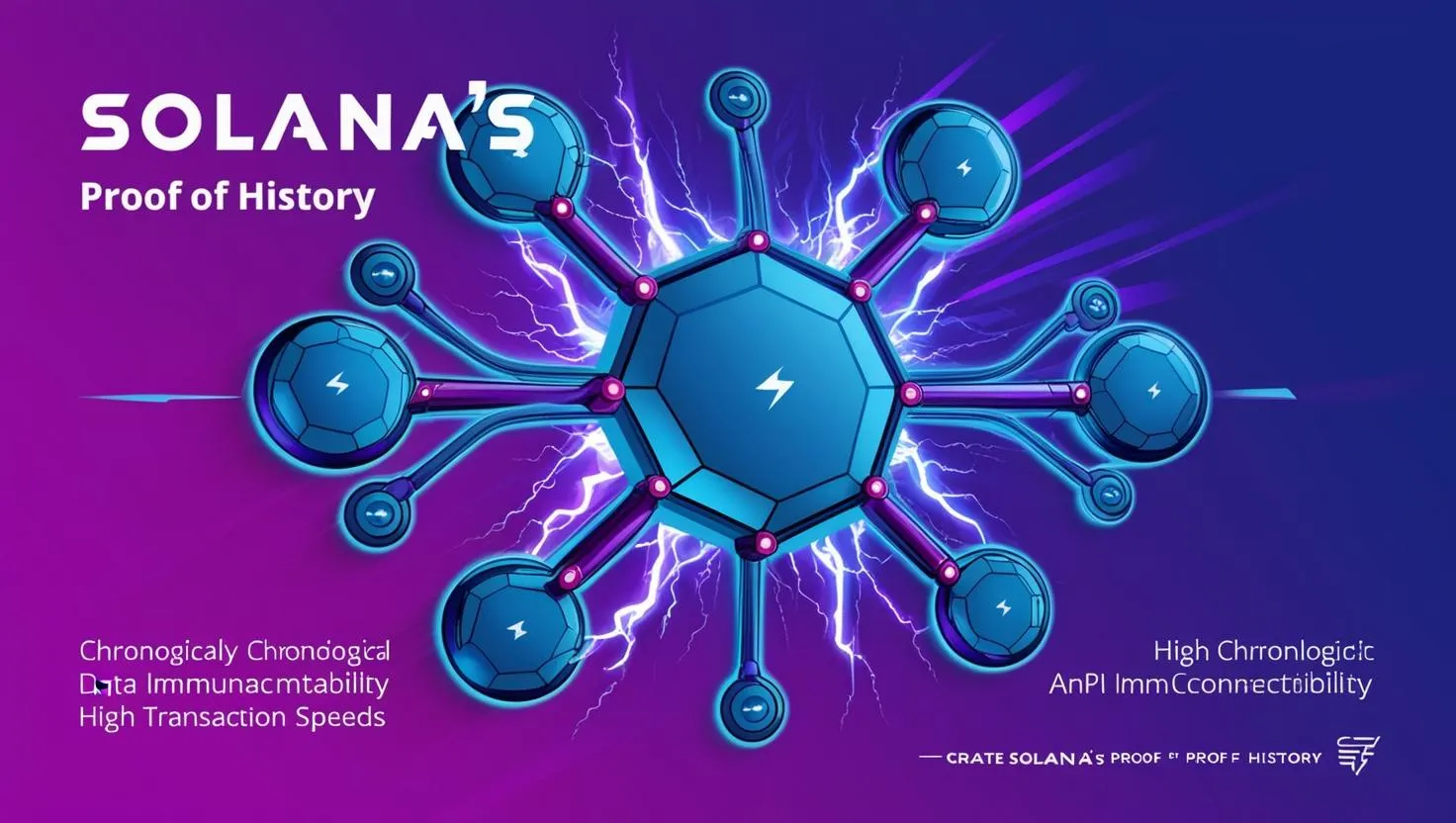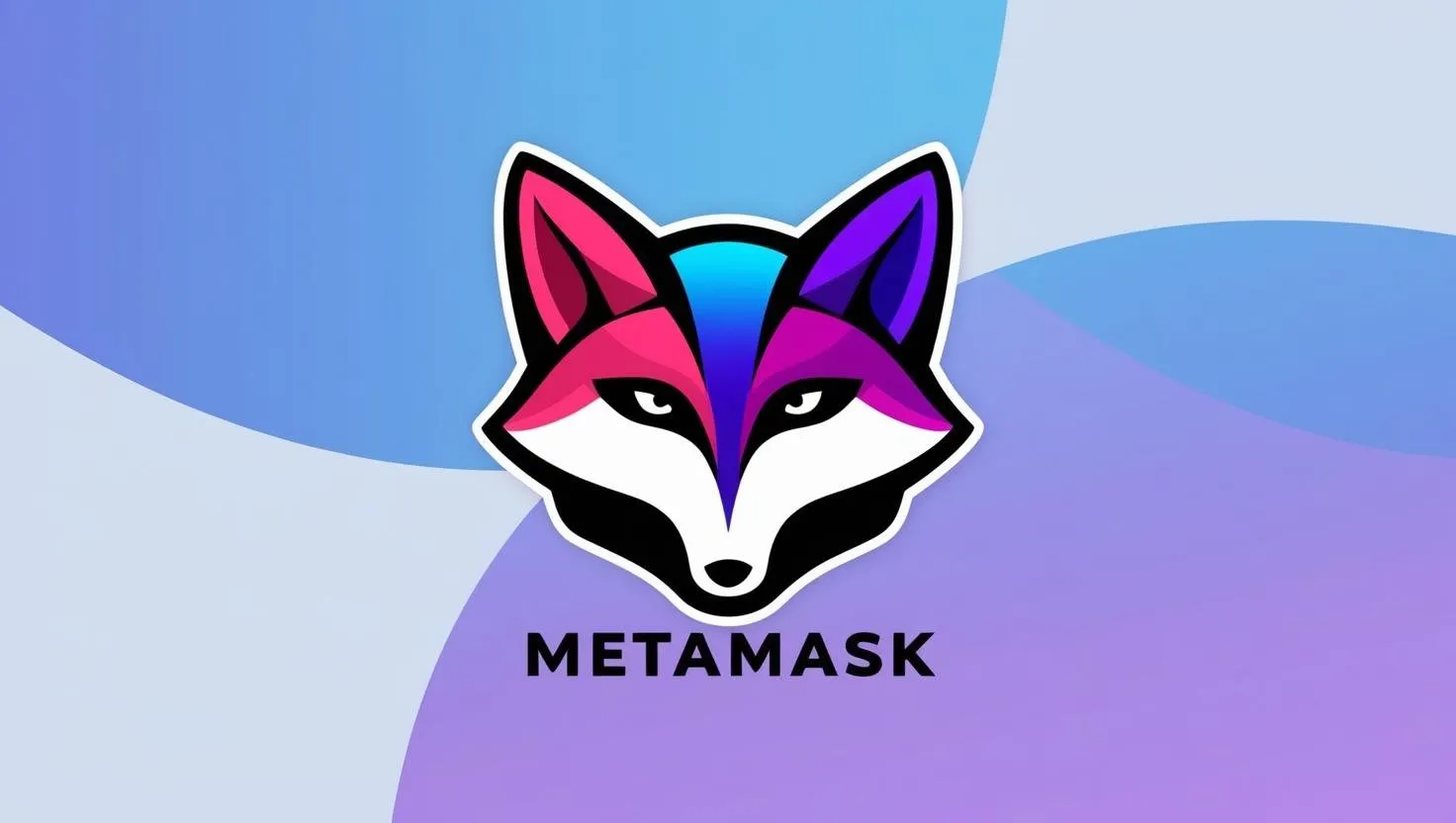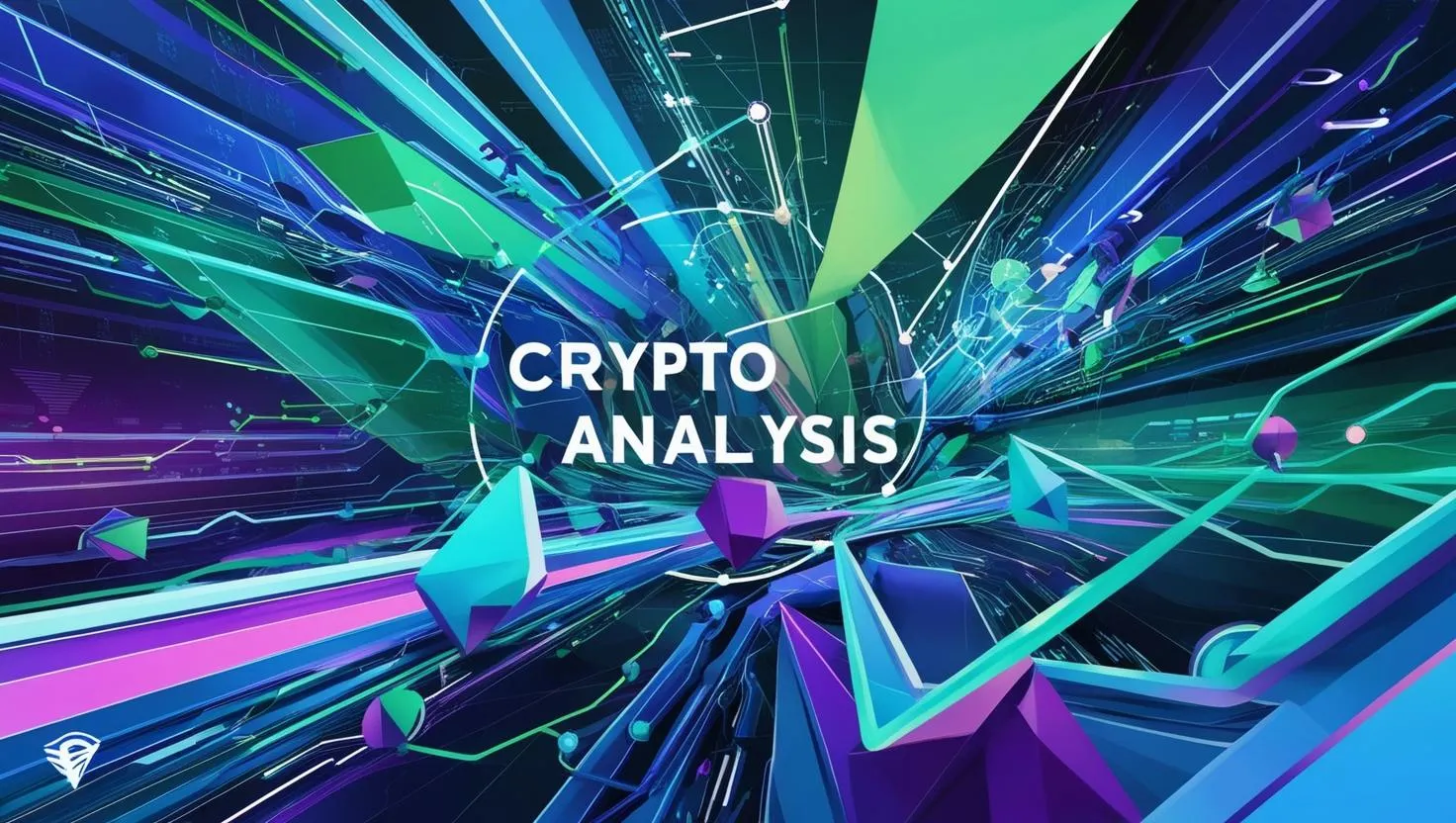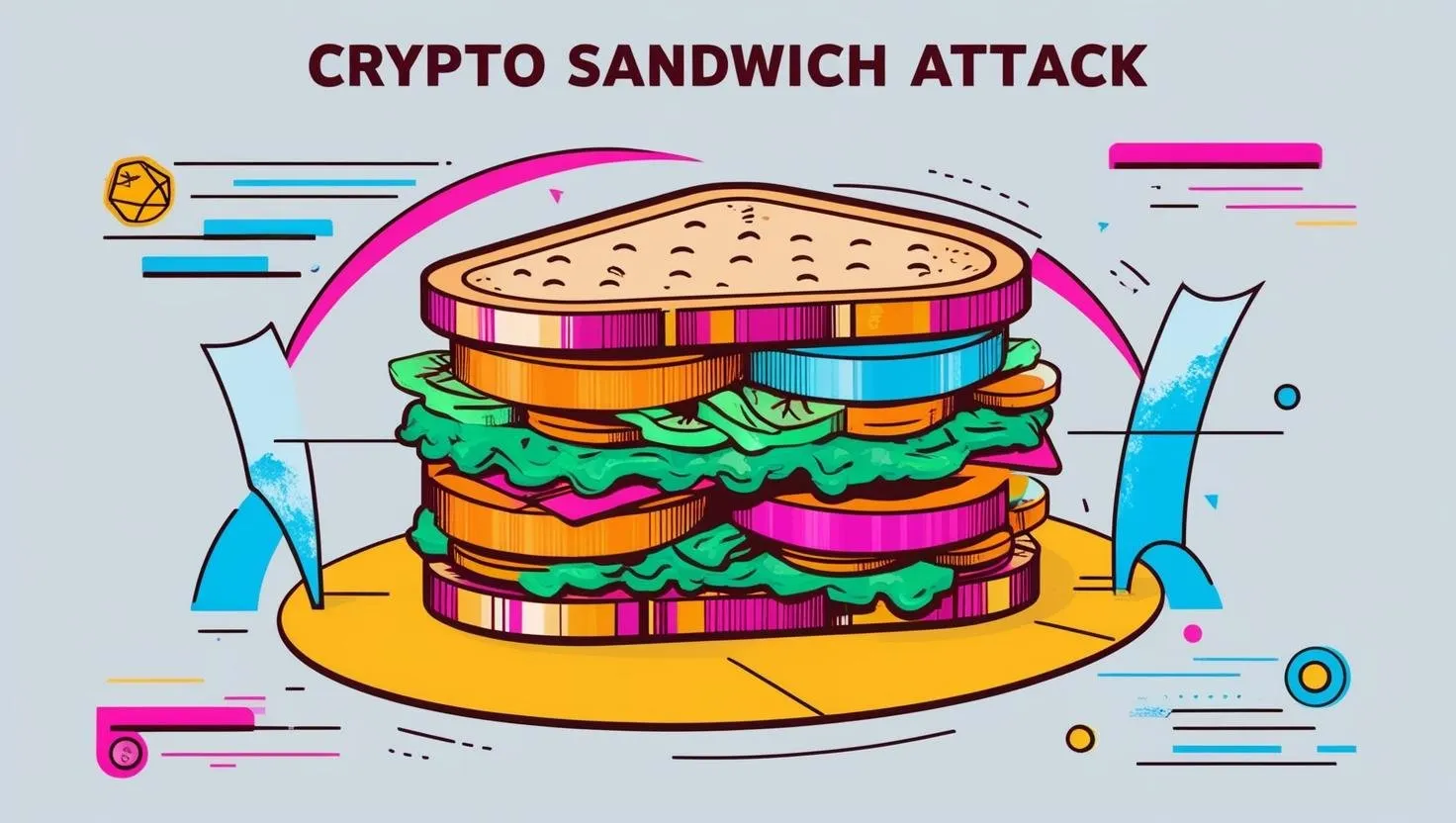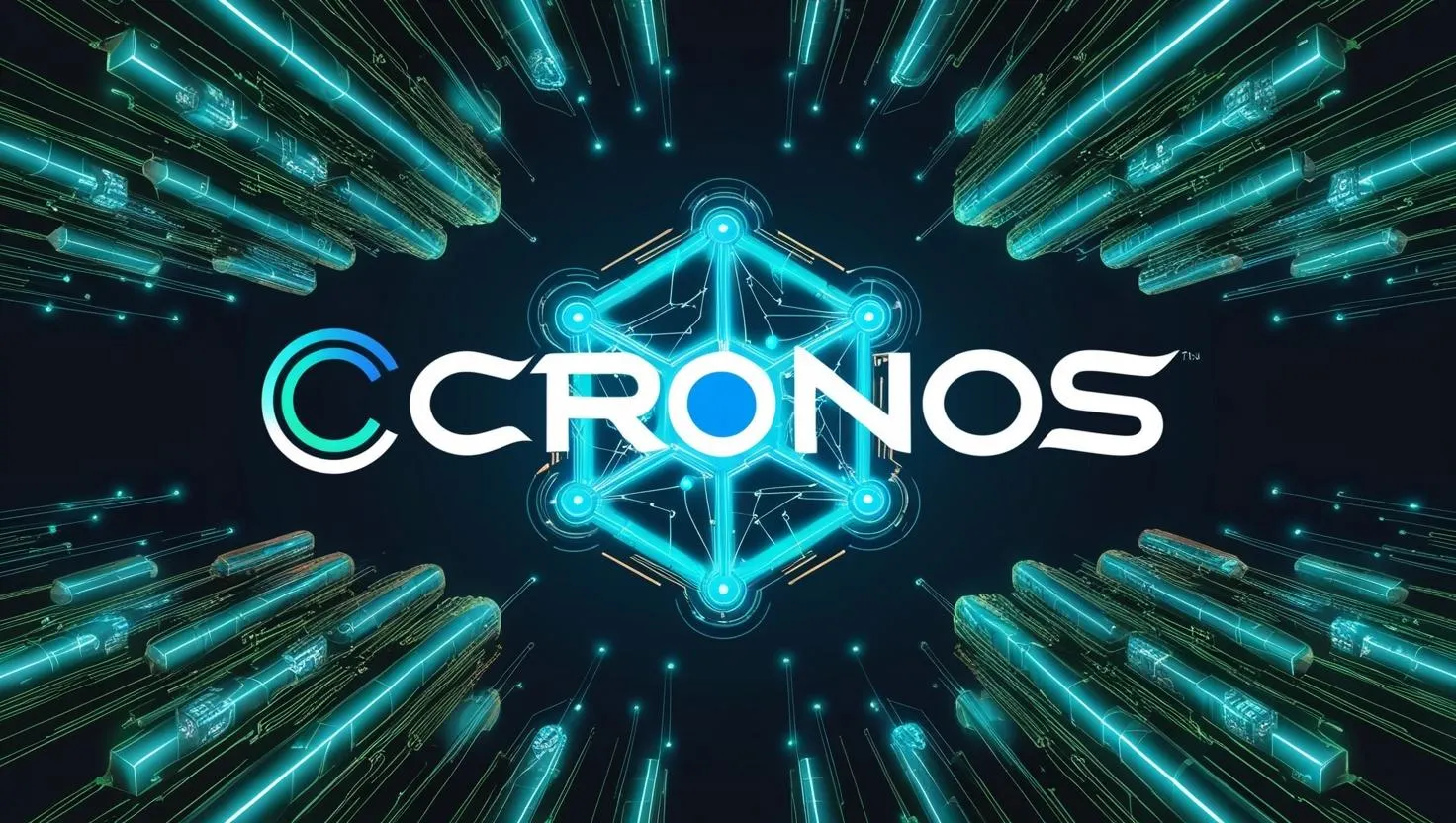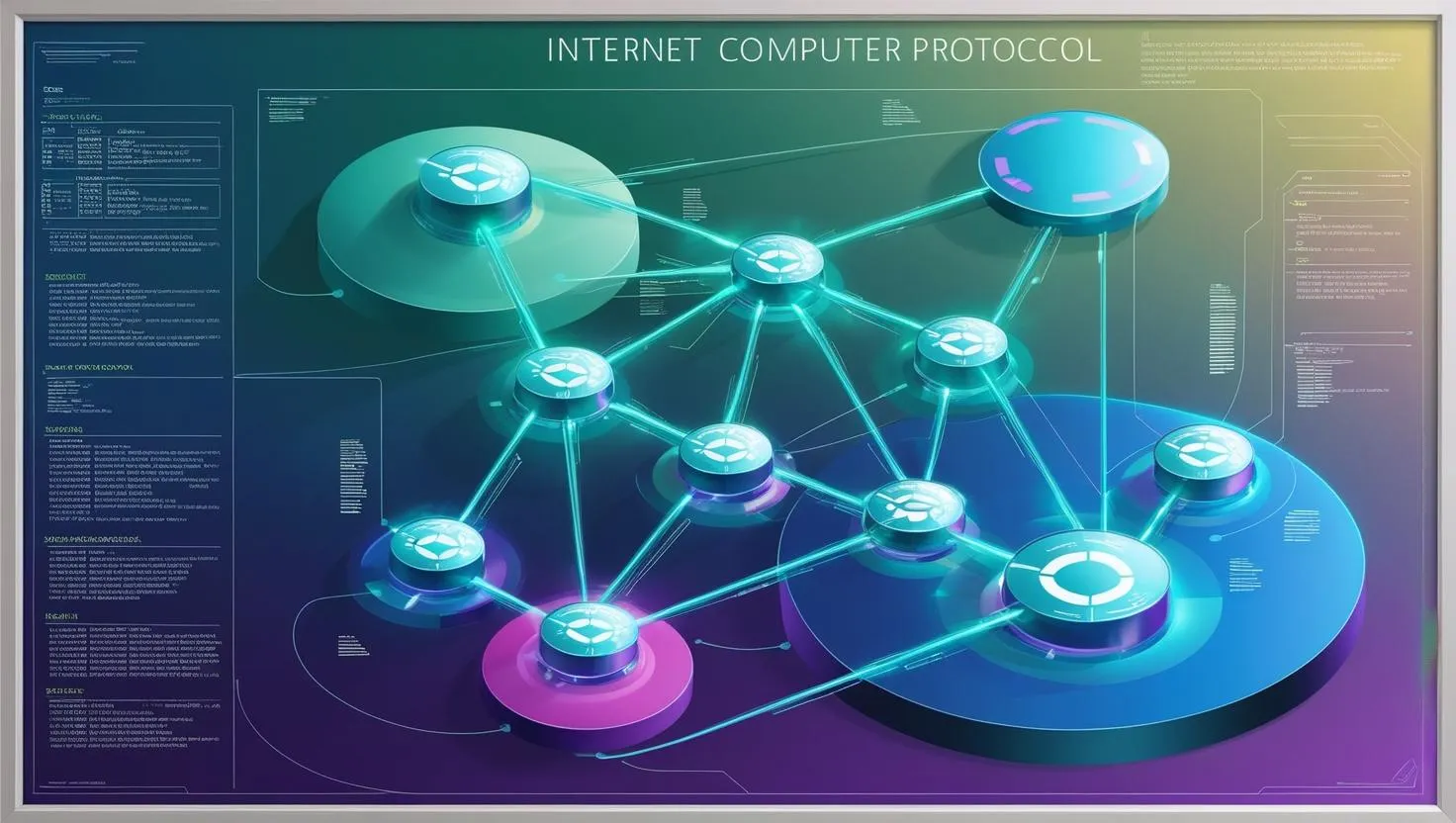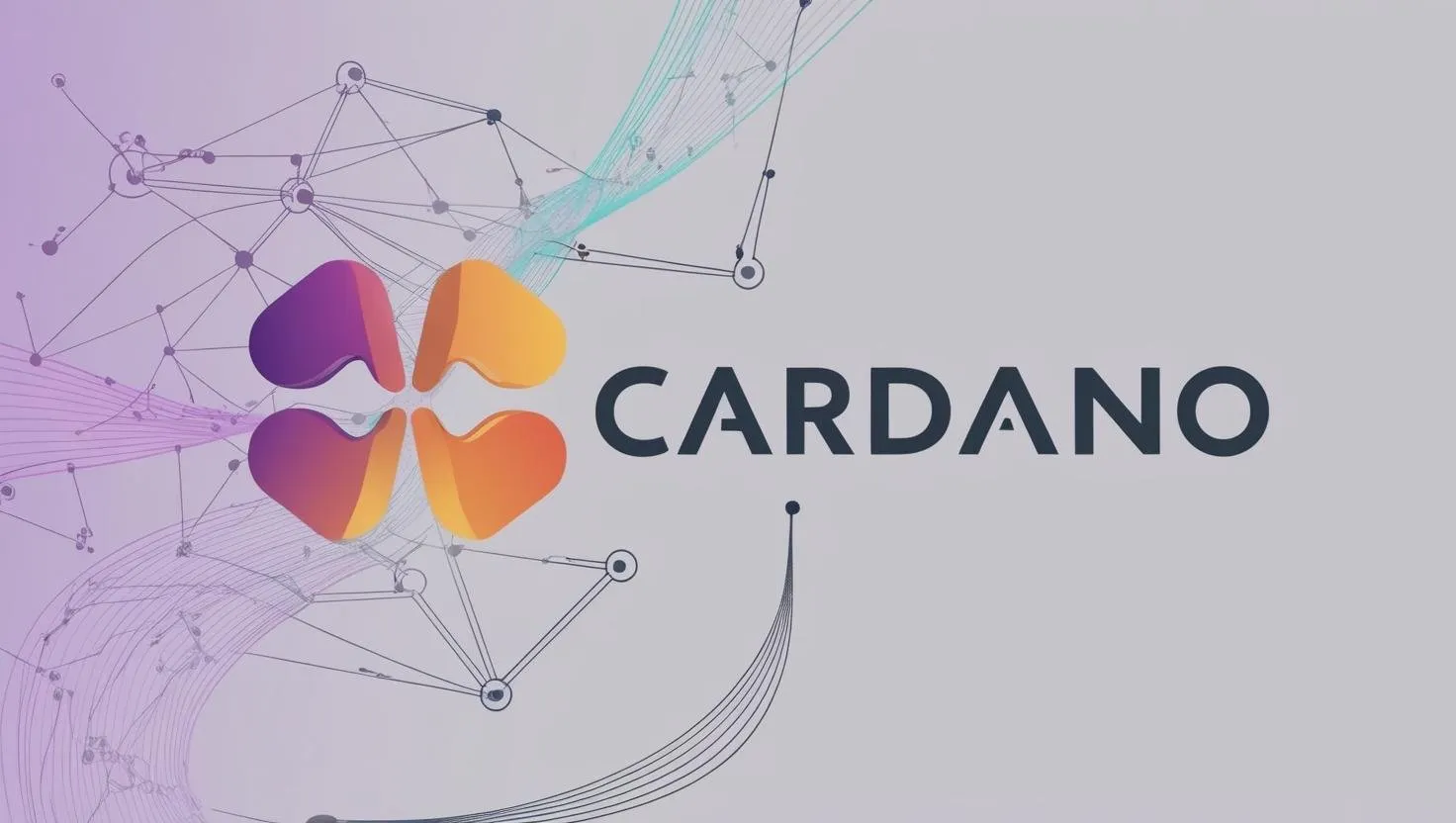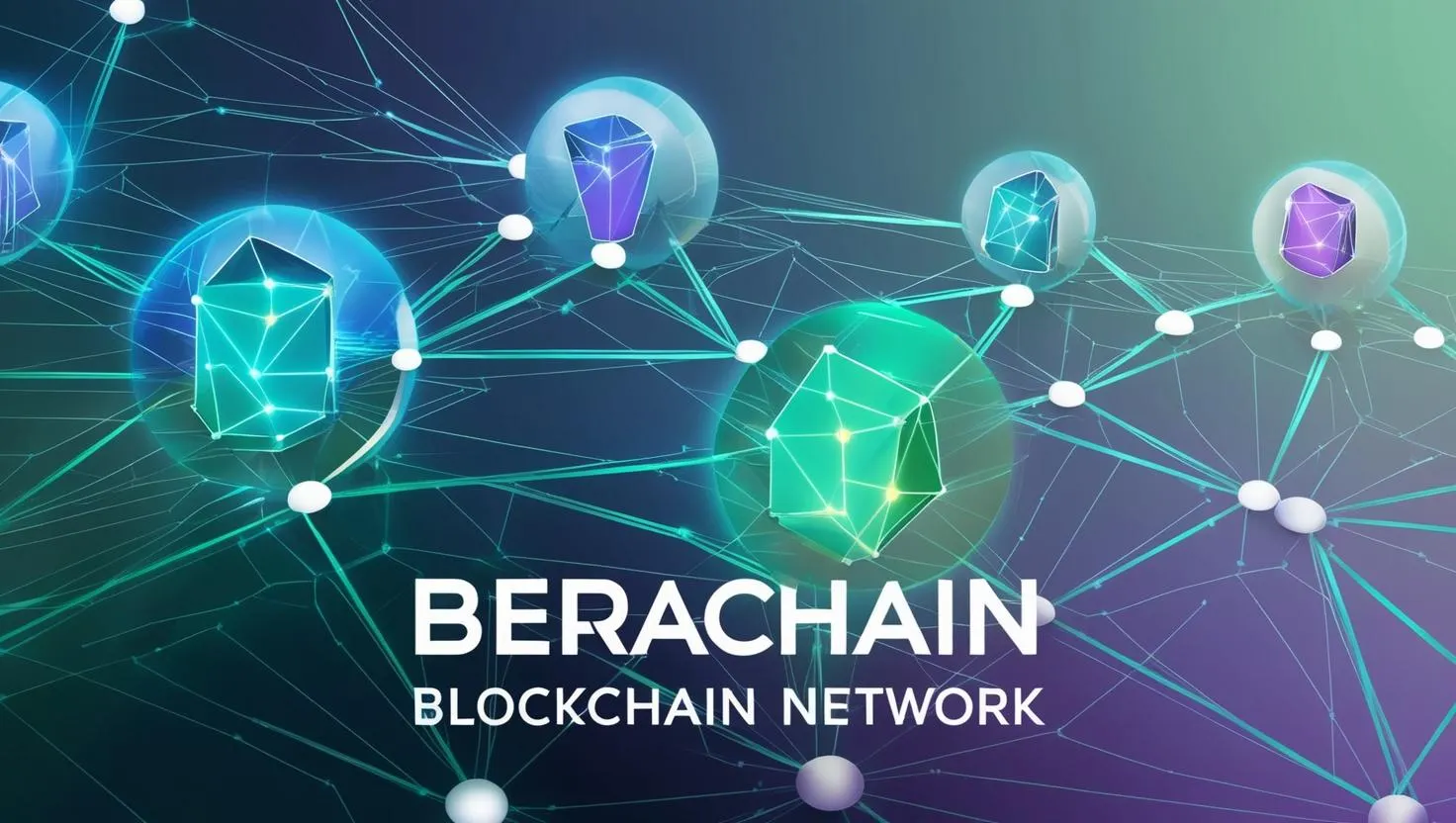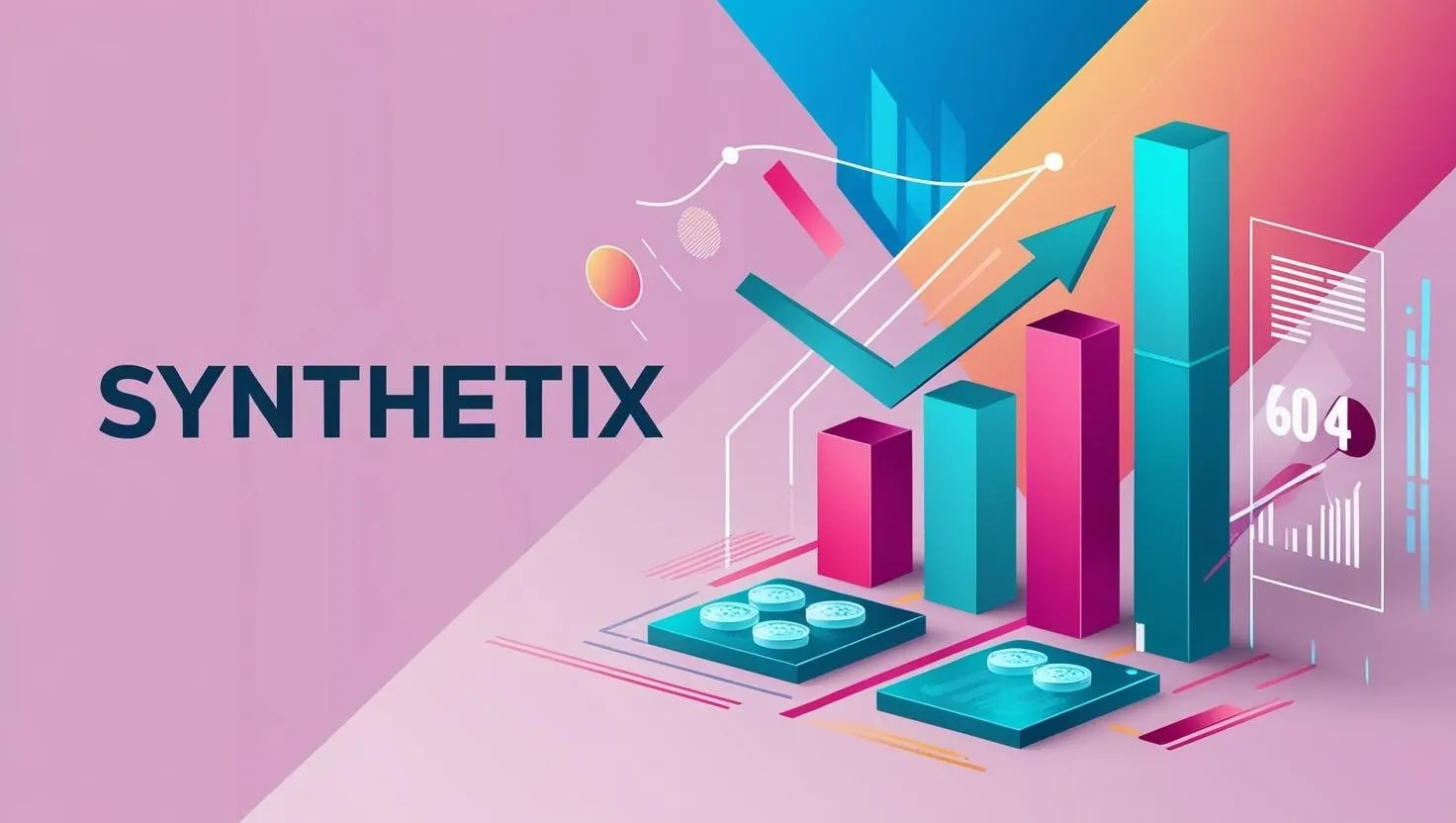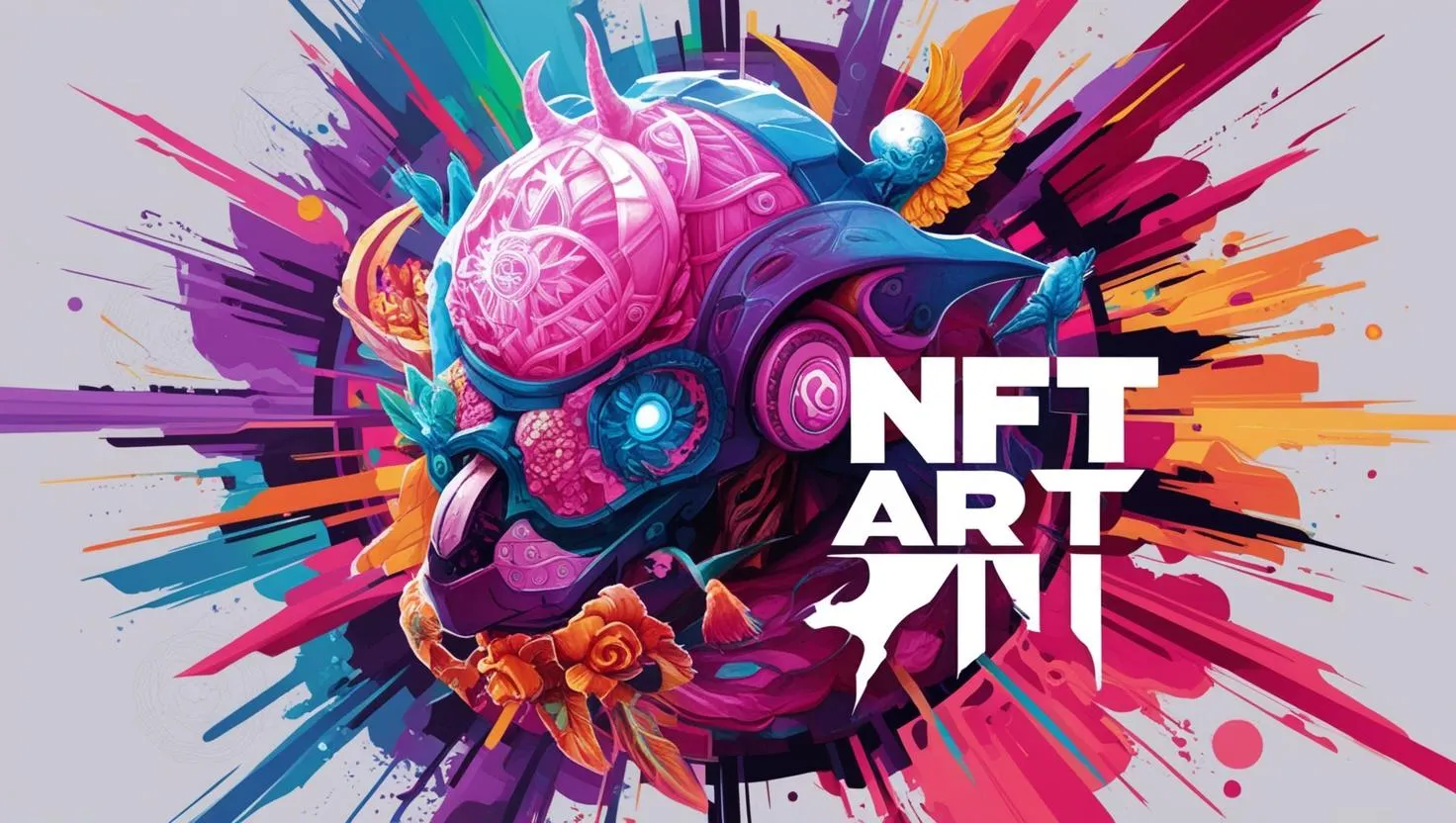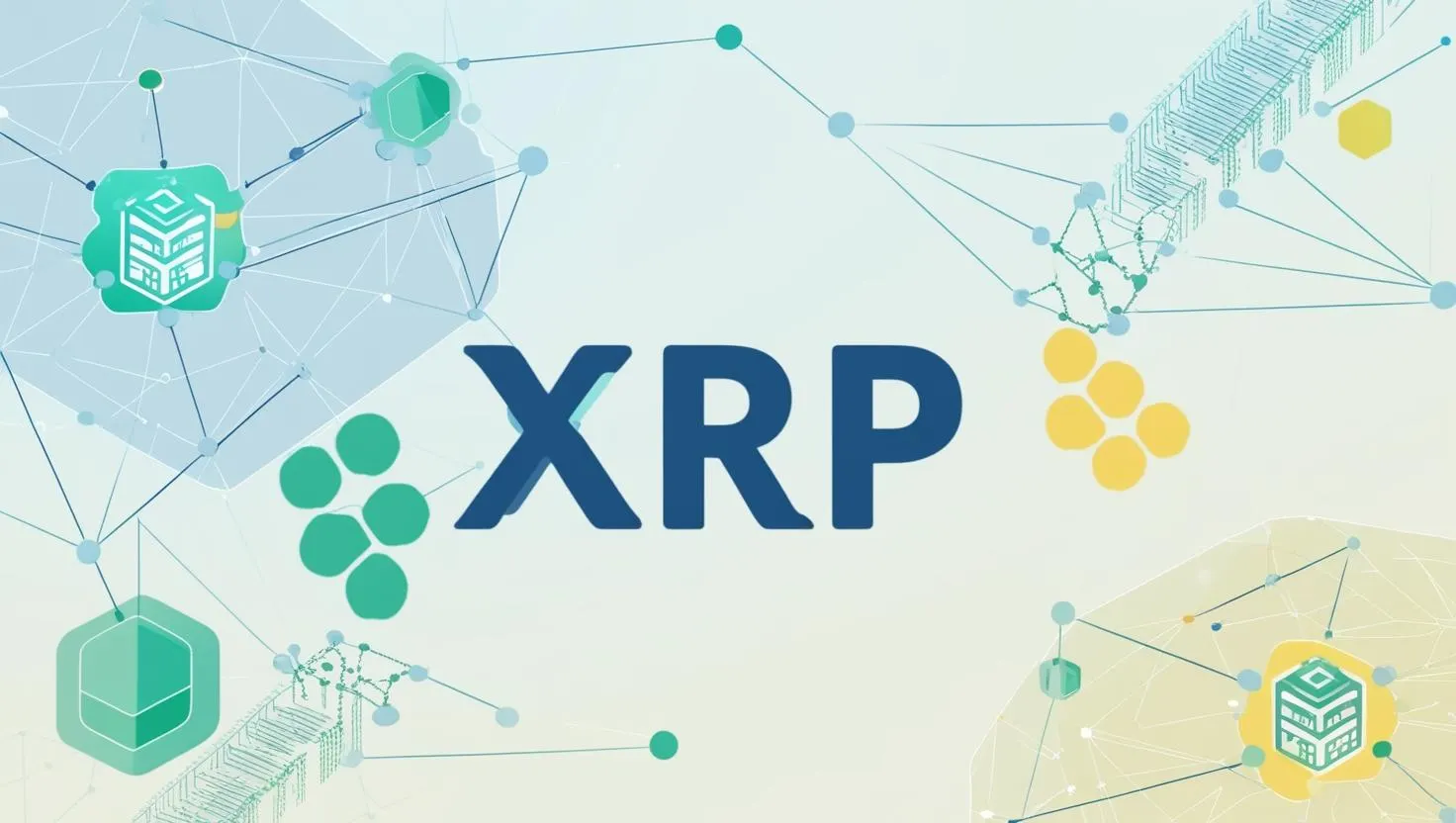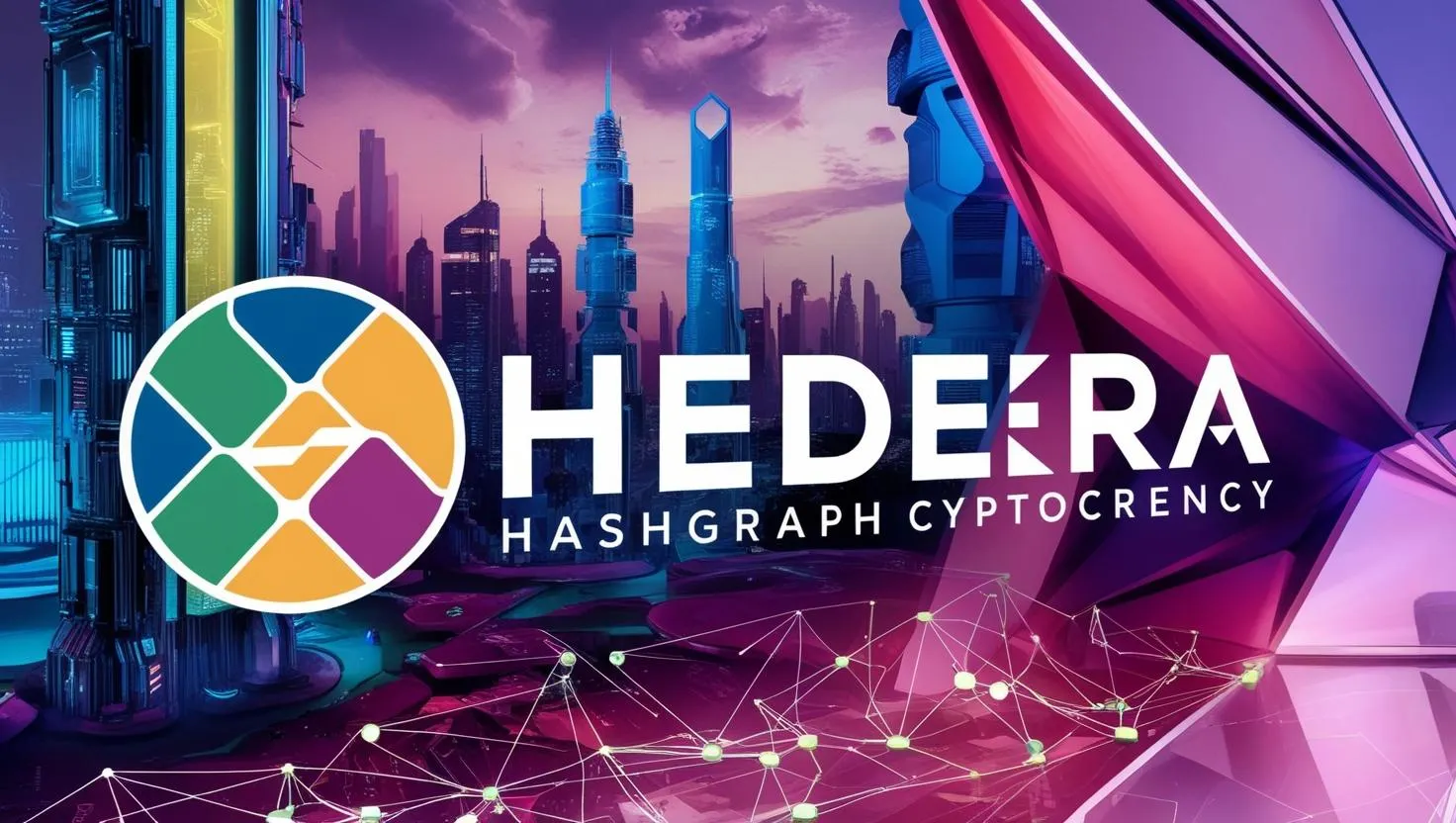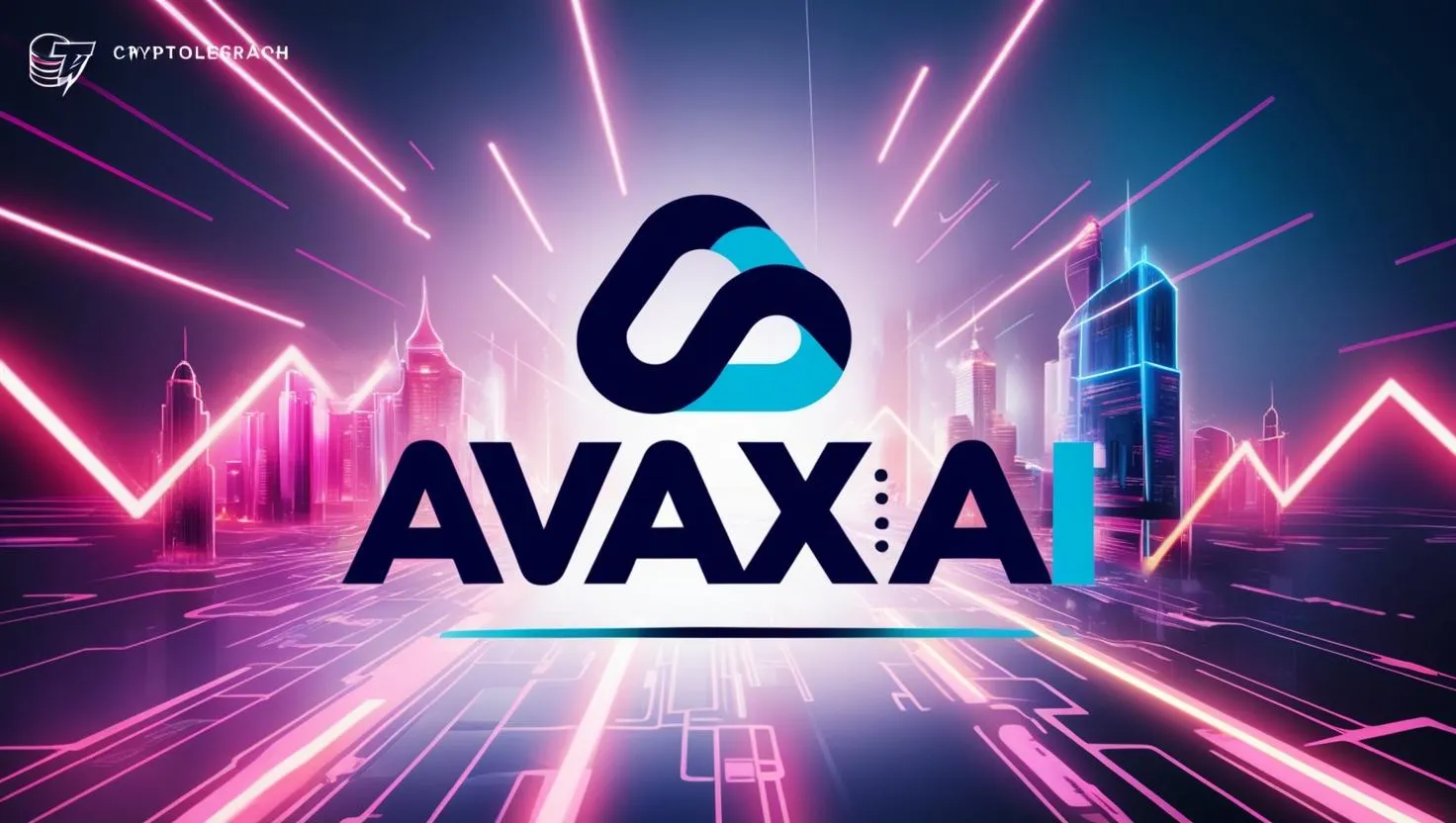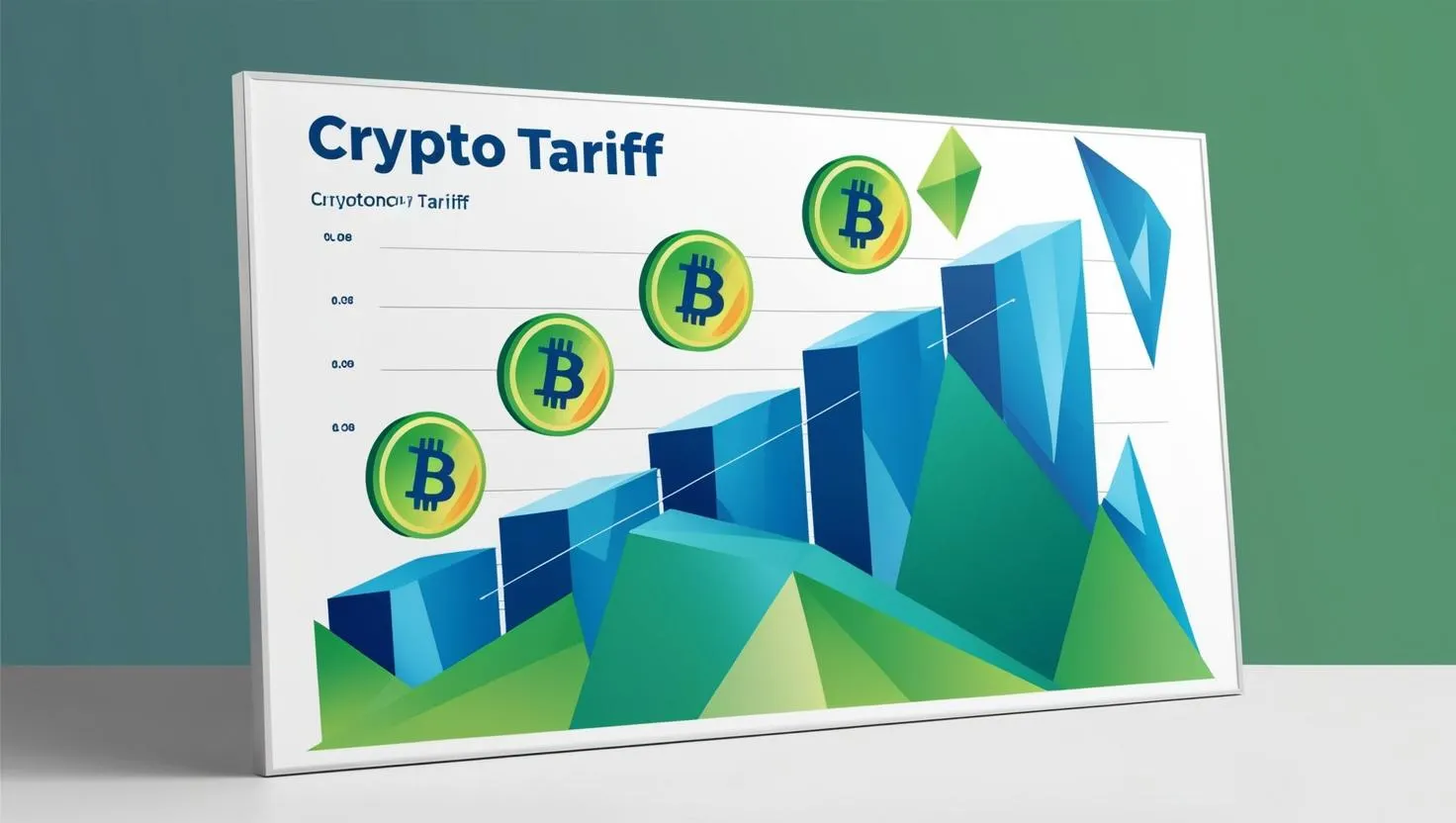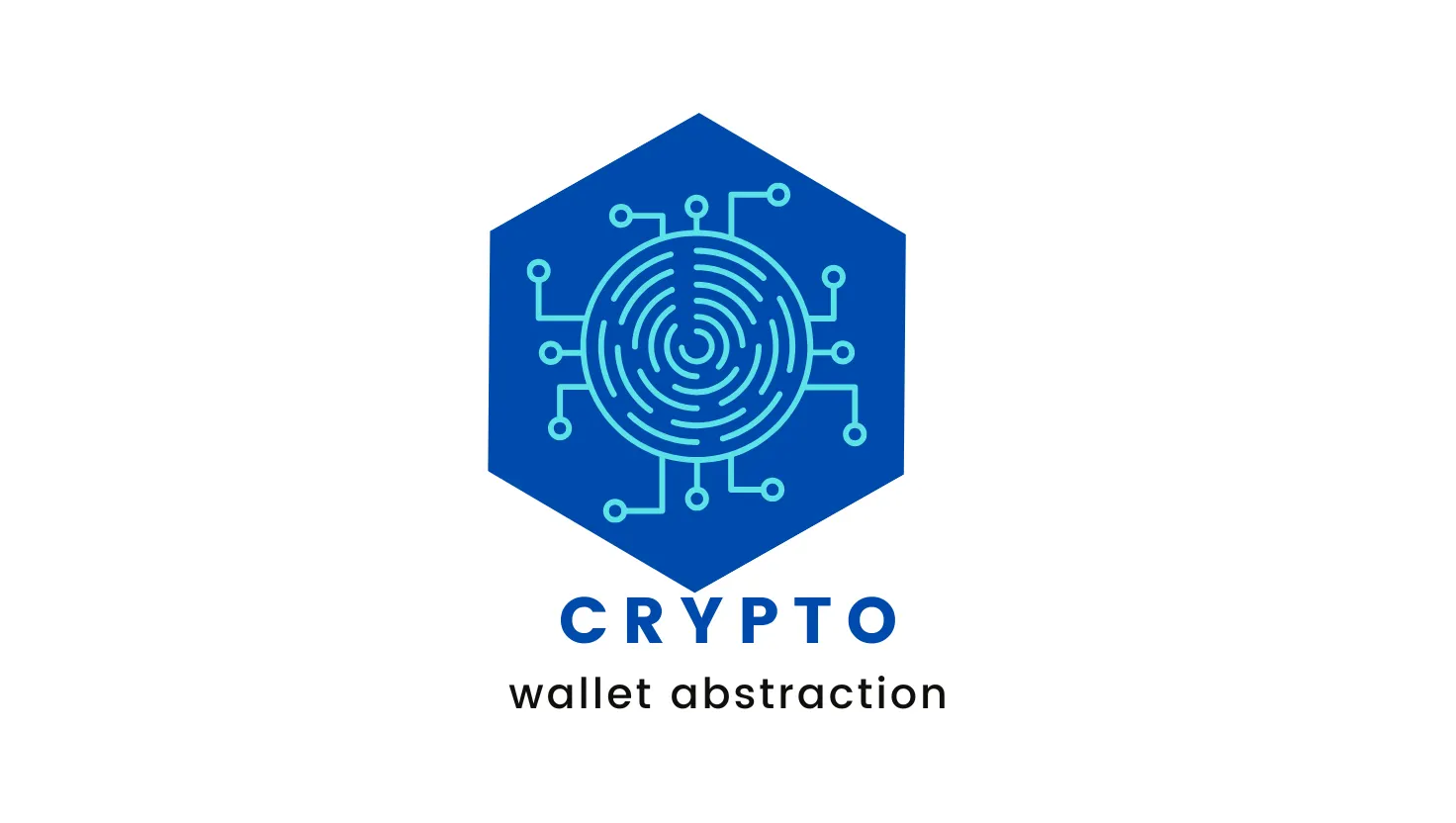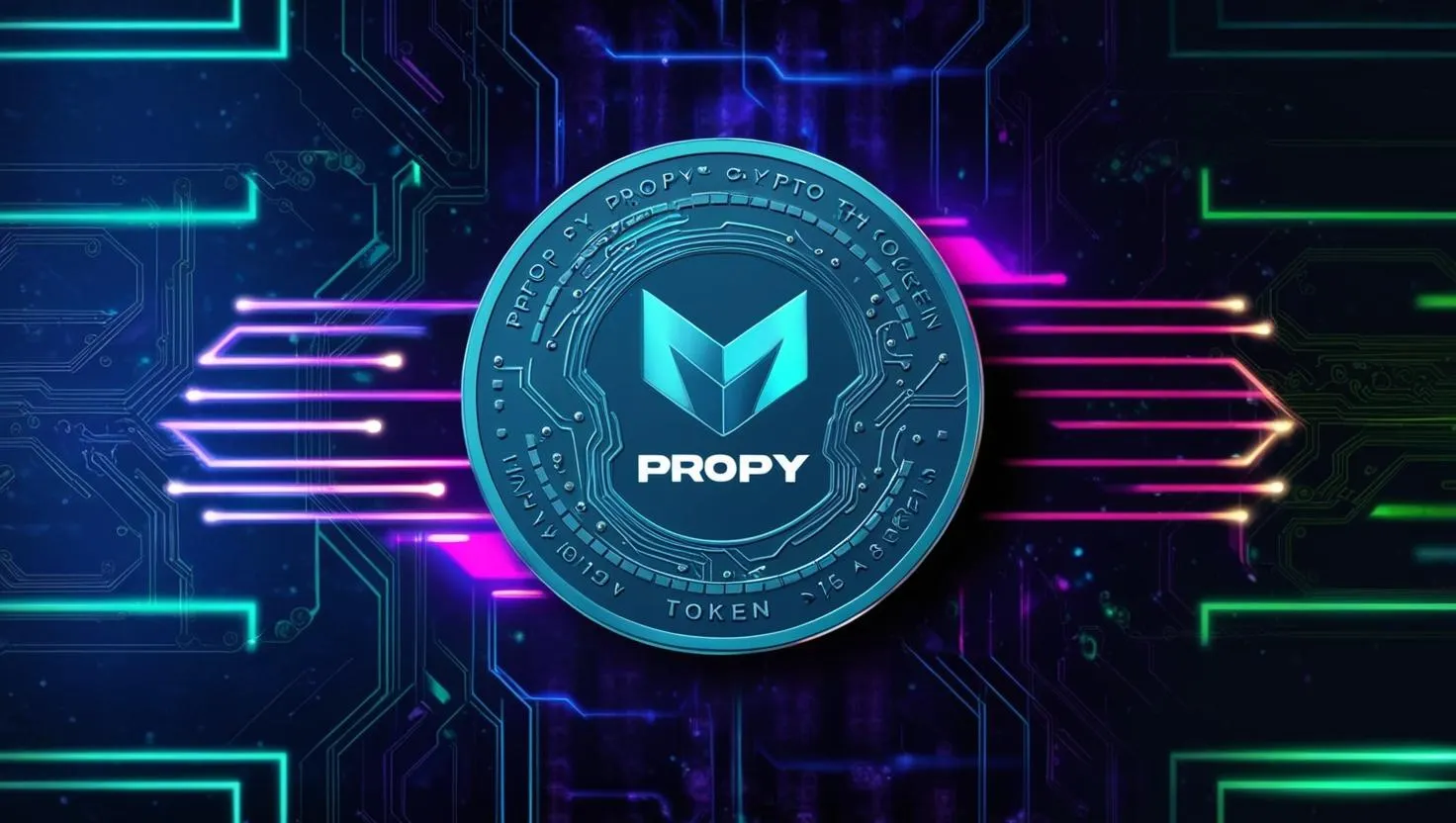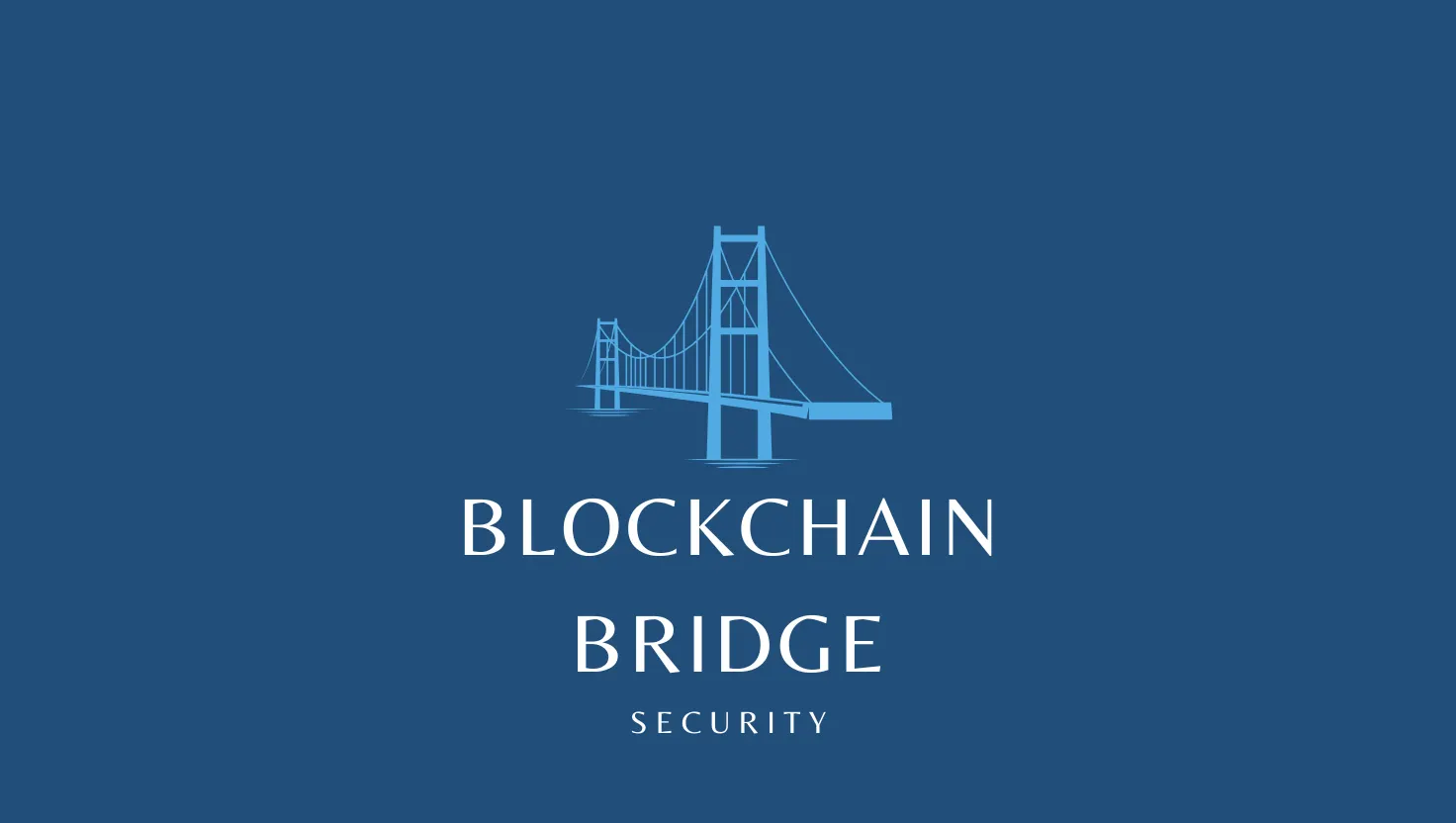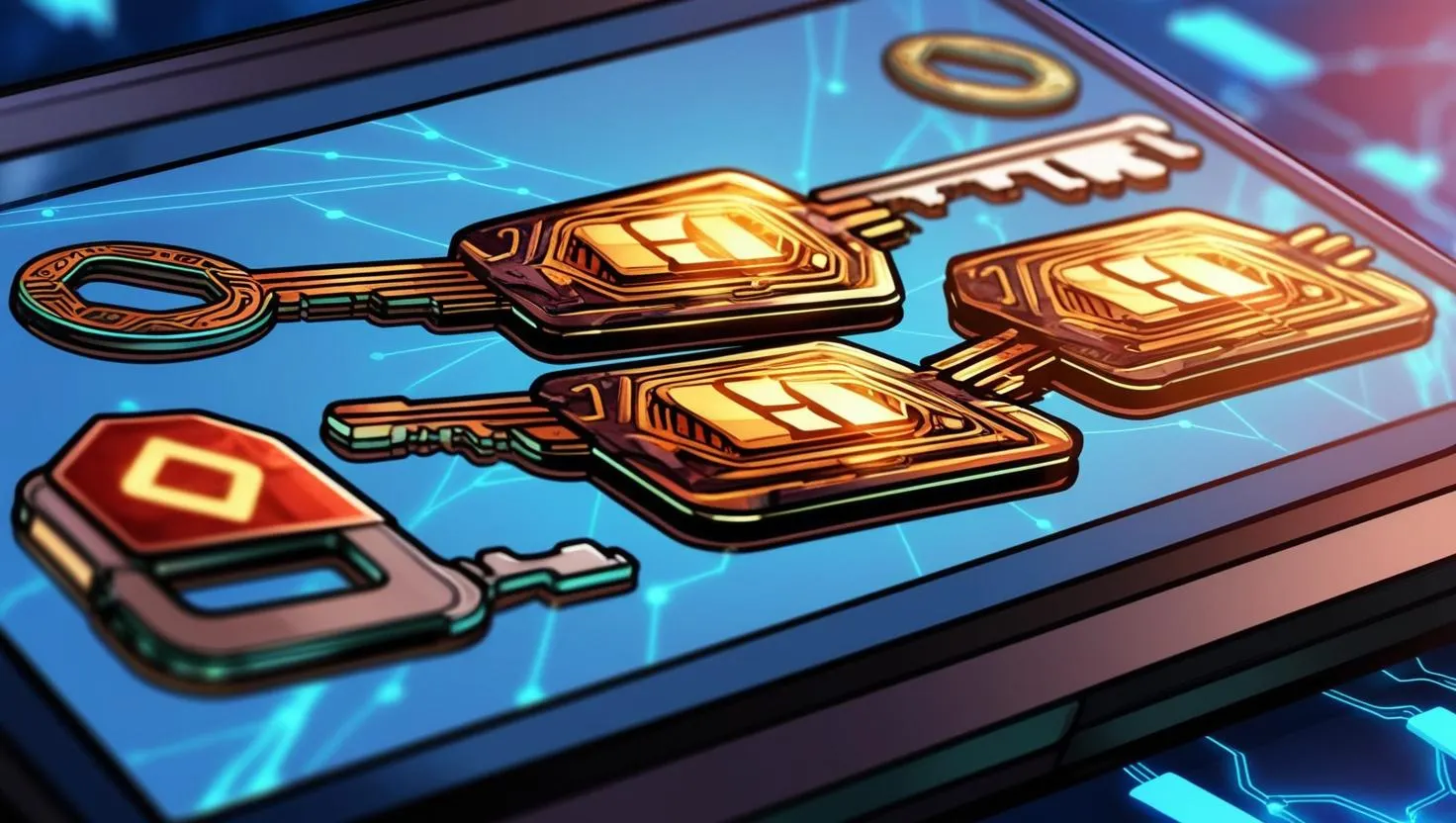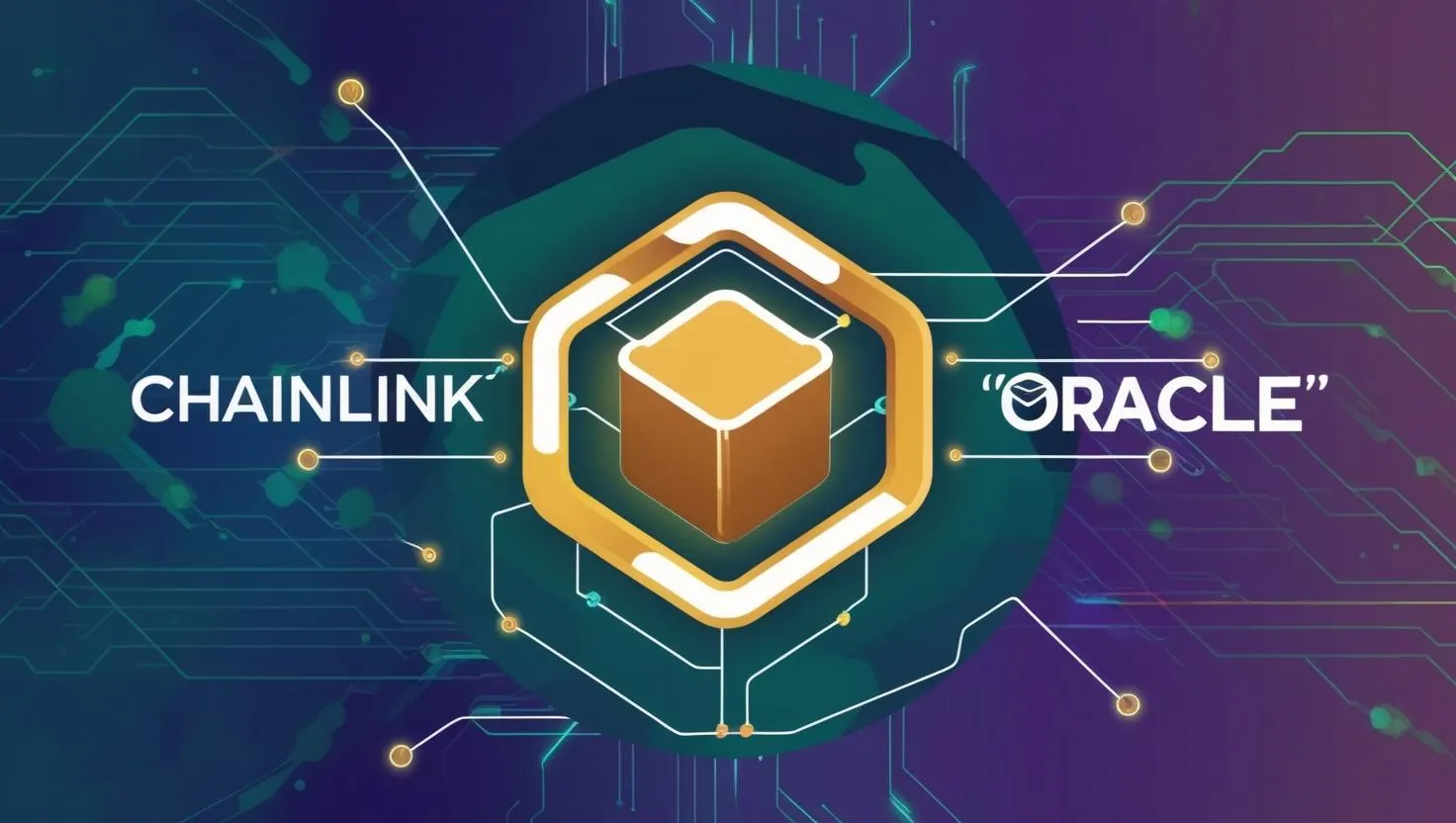Understanding the Injective Token (INJ): A Comprehensive Guide
What is Injective Token? Injective token (INJ) is the native cryptocurrency of the Injective blockchain, a layer-1 blockchain built specifically for decentralized finance (DeFi) applications.
Uses of the INJ Token:
- Protocol Governance: INJ holders can participate in the governance of the Injective protocol by voting on proposals that affect the future development and direction of the platform.
- dApp Value Capture: INJ can be used to capture value from decentralized applications (dApps) built on the Injective blockchain. For example, some dApps may use INJ for transaction fees or as collateral for loans.
- Staking: INJ holders can stake their tokens to help secure the Injective network and earn rewards in the process.
- Developer Incentives: INJ is used to incentivize developers to build and deploy dApps on the Injective blockchain.
Problems Injective Solves:
- Scalability: Injective is designed to be highly scalable, which means it can handle a large number of transactions without becoming congested. This is a major problem for some other blockchains, such as Ethereum.
- Interoperability: Injective is designed to be interoperable with other blockchains, which means that it can easily exchange data and value with other platforms. This is important for the growth of the DeFi ecosystem.
- Decentralization: Injective is a decentralized blockchain, which means that it is not controlled by any single entity. This makes it more resistant to censorship and manipulation.
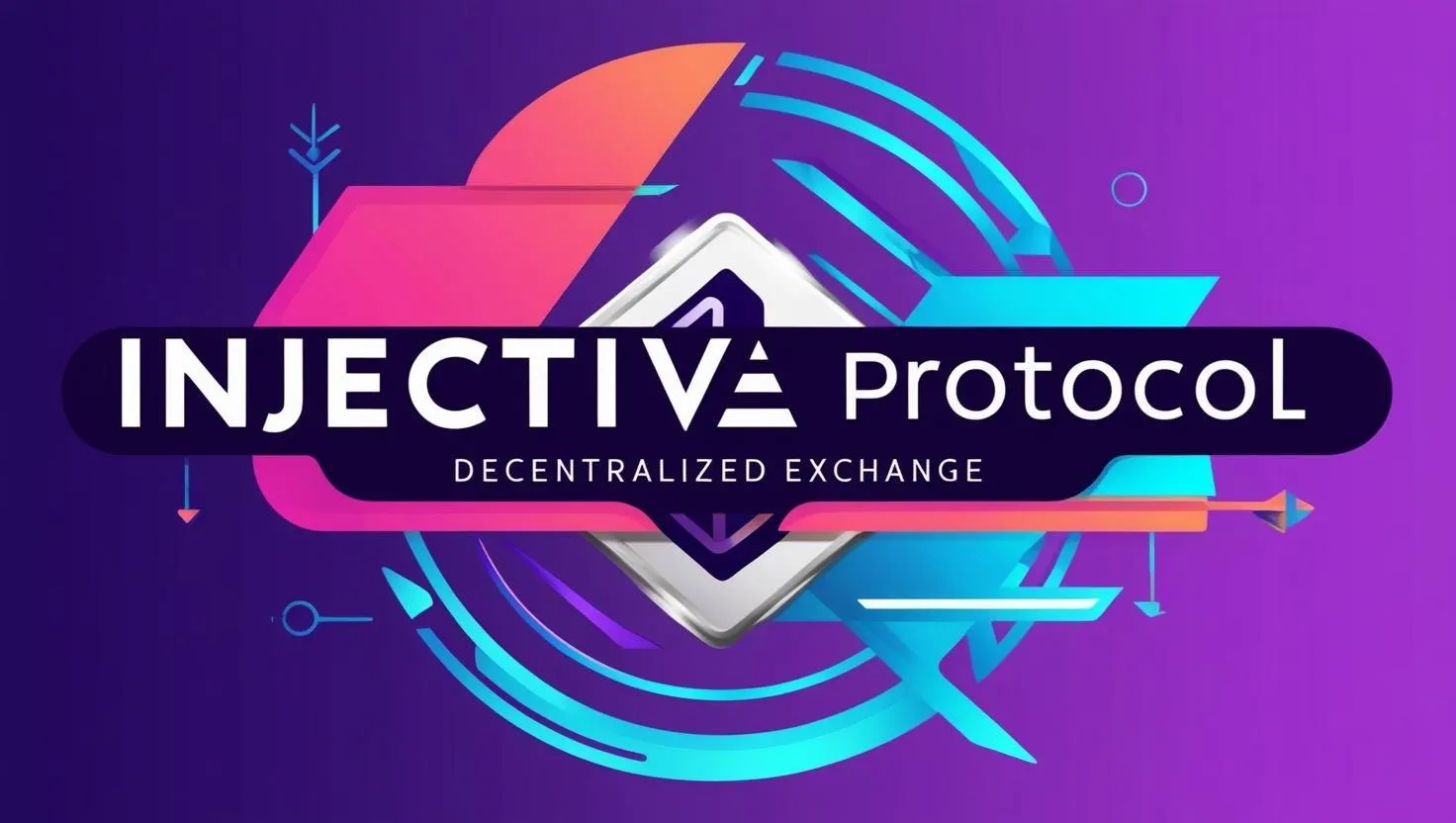
Additional Information:
- Injective uses a Tendermint-based Proof-of-Stake (PoS) consensus mechanism, which is more energy-efficient than Proof-of-Work (PoW) mechanisms used by some other blockchains.
- Injective has a growing ecosystem of dApps, including decentralized exchanges, prediction markets, and lending protocols.
- The Injective team is experienced in building and scaling blockchain infrastructure.
Pros:
- Governance: INJ holders can participate in the governance of the Injective protocol, voting on proposals that affect the future development and direction of the platform. This fosters a sense of community ownership and ensures that the platform evolves in line with the needs of its users.
- dApp Value Capture: INJ can be used to capture value from decentralized applications (dApps) built on the Injective blockchain. For example, some dApps may use INJ for transaction fees or as collateral for loans. This creates a direct link between the success of the Injective ecosystem and the value of the INJ token.
- Staking: INJ holders can stake their tokens to help secure the Injective network and earn rewards in the process. This incentivizes participation in the network and helps to ensure its stability and security.
- Developer Incentives: INJ is used to incentivize developers to build and deploy dApps on the Injective blockchain. This helps to grow the Injective ecosystem and attract new users to the platform.
- Scalability: Injective is designed to be highly scalable, which means it can handle a large number of transactions without becoming congested. This is a major advantage over some other blockchains, such as Ethereum, which can suffer from high transaction fees and slow processing times during periods of high demand.
- Interoperability: Injective is designed to be interoperable with other blockchains, which means that it can easily exchange data and value with other platforms. This is important for the growth of the DeFi ecosystem as a whole, as it allows users to seamlessly interact with different platforms and access a wider range of financial services.
- Decentralization: Injective is a decentralized blockchain, which means that it is not controlled by any single entity. This makes it more resistant to censorship and manipulation, and ensures that the blockchain platform remains open and accessible to all.
Cons:
- Volatility: Like all cryptocurrencies, INJ is a volatile asset. Its price can fluctuate significantly in a short period of time, which can make it a risky investment.
- Competition: The DeFi space is highly competitive, with many other layer-1 blockchains vying for market share. Injective faces competition from established players like Ethereum and Solana, as well as newer entrants to the market.
- Complexity: Injective is a complex platform with a wide range of features and functionalities. This can make it difficult for new users to understand and use the platform effectively.
- Security Risks: As with any blockchain platform, there is always a risk of security breaches and hacks. While Injective has taken steps to secure its platform, there is no guarantee that it will be immune to attacks in the future.
Overall, the Injective token has a number of potential advantages, including its use in governance, dApp value capture, staking, and developer incentives. Injective is also designed to be scalable, interoperable, and decentralized. However, INJ is also a volatile asset and faces competition from other layer-1 blockchains.
Potential investors should carefully consider the pros and cons of INJ before making any investment decisions.
Overall, the Injective token is an important part of the Injective ecosystem. It is used for a variety of purposes, including protocol governance, dApp value capture, staking, and developer incentives. Injective is designed to solve some of the major problems facing the blockchain industry, such as scalability, interoperability, and decentralization.
Disclaimer: We cannot provide financial advice. The information above is for informational purposes only.

